#anch humanized
Explore tagged Tumblr posts
Text
Ye Dinna get used to it
A beautiful episode that redeems the mediocrity of the previous one. I melted at the looks exchanged between Jamie and John. In their hatred, they love each other. Did you notice Jamie’s expression, the way his body moved, his breathing when he saw he was safe and standing there? Sam is absolutely brilliant in those moments when he speaks through his face and body. David is no less impressive, and his exchange with Percy is worthy of a textbook performance.
I also really enjoyed William with Jane—Silvia is very talented, by the way, another spot-on casting choice. It’s truly a shame what will happen. I’ll always root for Will and Fanny, even if their story hasn’t been written yet. Ian and Rachel were very sweet too, but in my opinion, they’re missing something. I’m not sure what—maybe the actors don’t have the right chemistry, a bit like Roger and Bree, who work much better when they’re not paired as a couple.
The Marquis de Lafayette was very charming, an original, likable, and well-portrayed character—I really appreciated him. As for Richardson, I won’t say much to avoid spoilers, but even by the end of Bees, I couldn’t fully understand him. That he’s a time traveler is now obvious, but what he truly wants has never been clear.
This episode also lets us appreciate Jamie’s introspection—that blend of humanity, warrior strength, and leadership—that extra something that makes him the perfect man, for better or worse. I really like this new Claire more than the one from the earlier seasons, and I will never stop saying that she reflects the Claire from the novels more—the one I love so much, she’s the perfect partner for Jamie and the support his tormented soul needs. The final score was beautiful.
And finally: “Go and save our son.” Because what unites these two men is something that surpasses mere “carnal knowledge.”
Un bellissimo episodio che riscatta la pochezza del precedente. Mi sono sciolta per gli sguardi tra Jamie e John. Odiandosi si amano. Avete notato l’espressione di Jamie e il movimento del suo corpo, il respiro quando ha visto che era salvo ed era lì? Sam è meraviglioso in quei momenti in cui parla col viso e col corpo. David non è da meno e lo scambio con Percy vale un interpretazione da manuale. Mi è piaciuto moltissimo anche William con Jane, Silvia è molto brava tra l’altro, un altro pov azzeccato dal casting. Davvero peccato quello che succederà. Io continuerò sempre a fare il tifo per Will e Fanny, anche se la storia non è ancora stata scritta. Molto dolci Ian e Rachel però, a mio avviso, a loro manca qualcosa, non so, forse gli attori non sono bene assortiti un po’ come Roger e Bree che funzionano molto meglio quando non sono in coppia. Molto carino il Marchese De Lafayette, personaggio originale, simpatico e ben interpretato, l’ho apprezzato tantissimo. Di Richardson non parlo, farei spoiler ma neppure alla fine di Bees mi è riuscito di comprenderlo del tutto, che sia un viaggiatore ormai è palese, ma cosa voglia davvero non è mai stato chiaro. Anche in questo episodio possiamo apprezzare l’ introspezione di Jamie quel suo essere così umano e allo stesso tempo guerriero e condottiero, quel qualcosa in più che lo rende l’uomo perfetto nel bene e nel male. Questa nuova Claire mi piace più di quella delle prime stagioni e non smetterò mai di dire che rispecchia di più la Claire dei romanzi quella che amo tanto, la compagna perfetta per Jamie e il sostegno della sua anima tormentata. Bellissima la sigla finale.
E infine: “Vai e salva nostro figlio” perché ciò che unisce questi due uomini è qualcosa che surclassa la “conoscenza carnale”.
#sam heughan#jamie fraser#outlander#outlanderedit#diana gabaldon#sam and caitriona#caitriona balfe#david barry#william ransom
68 notes
·
View notes
Text
-----
Nel frattempo anche a Greta sono cresciute le tette.
Ma forse non era questa la notizia...
42 notes
·
View notes
Text
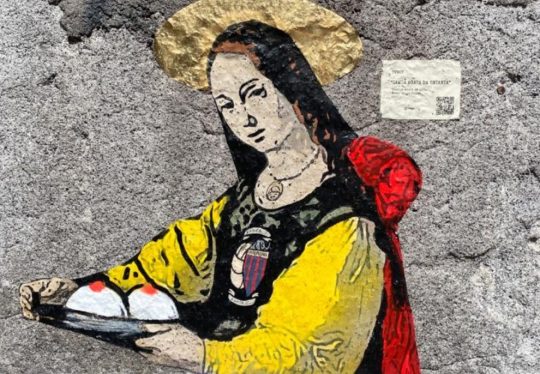
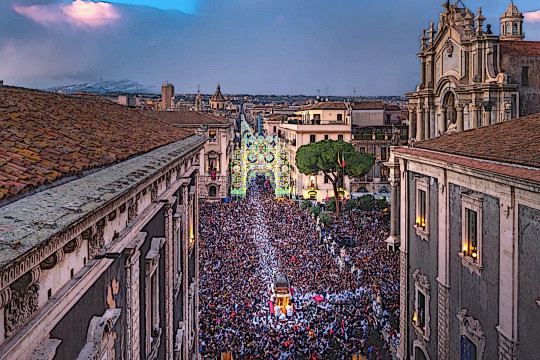
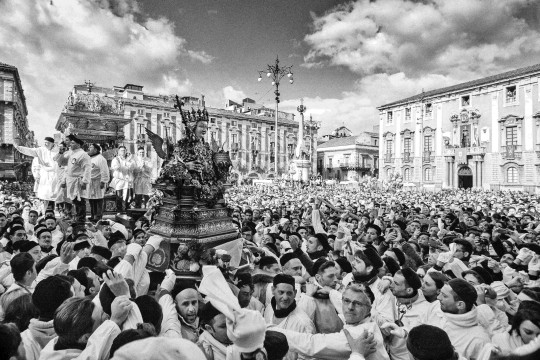
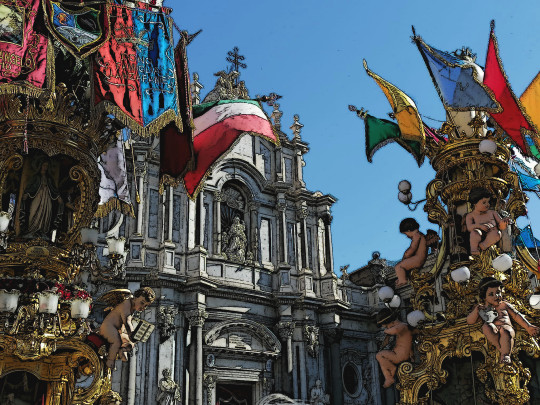
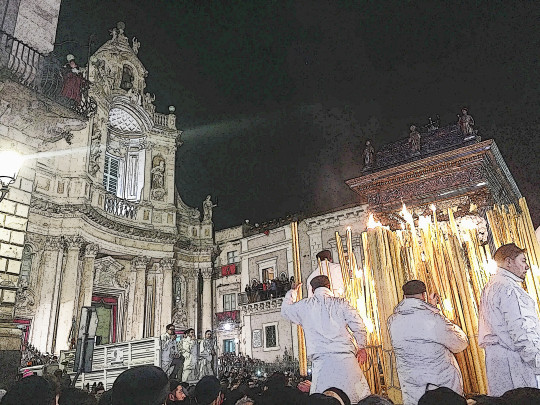
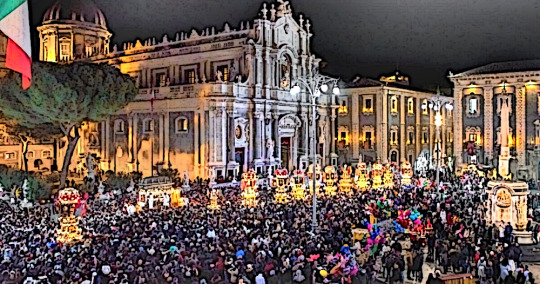
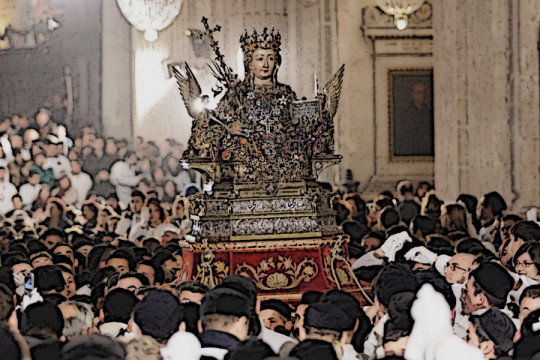
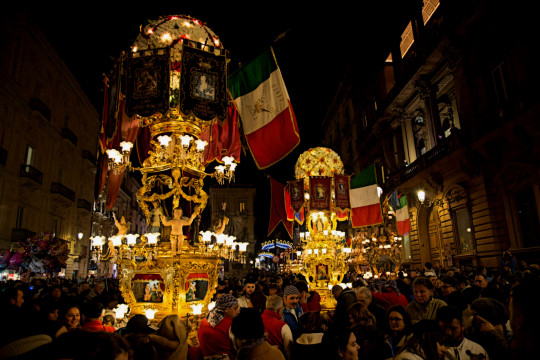
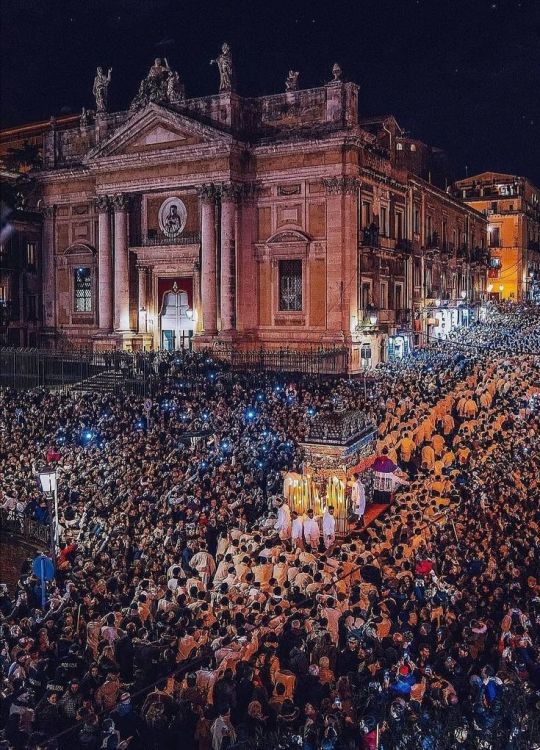

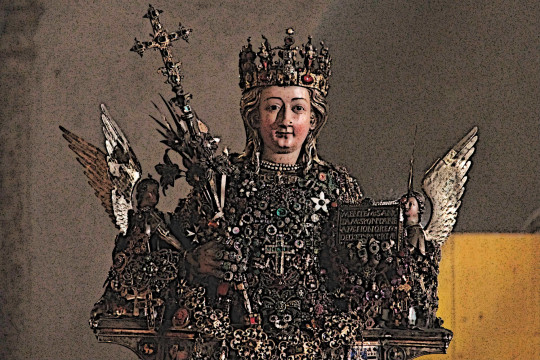
CATANIA - 3-6 FEBBRAIO - I GIORNI DI SANT'AGATA
Molti stranieri restano sorpresi dall'indifferenza annoiata con cui chi abita vicino all'Etna accoglie le sue eruzioni improvvise e furiose. Il vulcano, con il suo eterno eruttare rende ogni attimo che si vive attorno a lui come un attimo guadagnato, un momento rubato al destino. La sua potenza è tale che da un minuto con l'altro potrebbe cancellare tutto quello che gli umani hanno costruito sulle sue pendici fin anche paesi e città, non ultima Catania. In questi casi, come si fa a viveresenza essere assillati dalla paura, dal timore che quello che oggi si costruisce, domani scompaia sotto un fiume di lava che, con il suo tintinio vetroso ed il suo alito infuocata, divori e distrugga tutto. Diventa normale affidarsi a qualcuno che sia ancora più potente della natura distruttrice, ci si affida a San'Agata, la donna che rifiutò un imperatore e che morì per la sua purezza. E non dev'essere un affidarsi così come si paga un assicurazione o si compra un portafortuna. No, deve essere una dedizione assoluta, una donarsi completamente invocandola, custodendola, trasportandola e piangendo ai suoi piedi per ottenere la sua protezione e intercessione. La stessa chiesa sa che l'amore per Sant'Agata è scritto nel DNA dei catanesi per cui, dal 3 al 6 febbraio lascia che il popolo accudisca la sua Santa, gliela cede perchè ognuno possa vederla, toccarla, parlarle. E' questa la festa di Sant'Agata, una delle feste religiose più grandi del mondo, quella in cui si ripetono riti ed usanze, perchè la tradizione è la vita che abbiamo ricevuto dai nostri padri e che passiamo ai nostri figli, la continuità di una identità.
Many foreigners are surprised by the bored indifference with which those who live near Etna welcome its sudden and furious eruptions. The volcano, with its eternal eruption, makes every moment that is lived around it like a moment gained, a moment stolen from destiny. Its power is such that from one minute to the next it could erase everything that humans have built on its slopes, even towns and cities, not least Catania. In these cases, how can one live without being tormented by fear, by the fear that what is built today, tomorrow will disappear under a river of lava that, with its glassy tinkling and its fiery breath, will devour and destroy everything. It becomes normal to trust in someone who is even more powerful than destructive nature, one trusts in Saint Agatha, the woman who rejected an emperor and who died for her purity. And it doesn't have to be a trust like paying for insurance or buying a lucky charm. No, it must be an absolute dedication, a complete giving of oneself, invoking her, guarding her, carrying her and crying at her feet to obtain her protection and intercession. The church itself knows that love for Saint Agatha is written in the DNA of the people of Catania, so from February 3 to 6 it lets the people take care of their Saint, it gives her to them so that everyone can see her, touch her, talk to her. This is the feast of Saint Agatha, one of the largest religious feasts in the world, the one in which rites and customs are repeated, because tradition is the life that we have received from our fathers and that we pass on to our children, the continuity of an identity.
17 notes
·
View notes
Text
Plus le temps passe et plus j’ai le sentiment d’être vraiment né à la mauvaise époque... Je rêve de simplicité, de relations authentiques, de cette innocence qu’on a laissée derrière nous. Je n’aspire pas à la perfection, ou à l'accumulation de matériel, seulement à des échanges sincères, spontanés et vrais. Des connexions profondes entre humains. Un monde où la bienveillance et l'empathie seraient des valeurs centrales. Mais aujourd’hui, tout semble calculé, chacun utilise et manipule l'autre pour ses intérêts. Les gens ne dialoguent plus pour essayer de se comprendre, ils veulent juste imposer leurs idéologies. Toutes les valeurs actuelles misent en avant ne sont pas les miennes. Le bon sens aussi à quitter les esprits... Je ne me reconnaîs plus en la majorité de mes semblables. Se sentir tellement en décalage est abusé au point de me demander si ce n’est pas moi qui suis à côté de la plaque. Bref, je sais aussi que je ne suis pas tout seul à ressentir tout ça et c'est ce qui me fait tenir dans tout ce bordel ambiant. Mais au fond j'ai encore foi en l'humanité c'est le plus important sûrement pas cette année sinon je le saurais. Alors si vous lisez ce message, sachez qu'il y a en d'autres des comme vous qui aime les autres la vie les gens alors donnons rendez-vous pour l'année prochaine. Car nous sommes de belles personnes
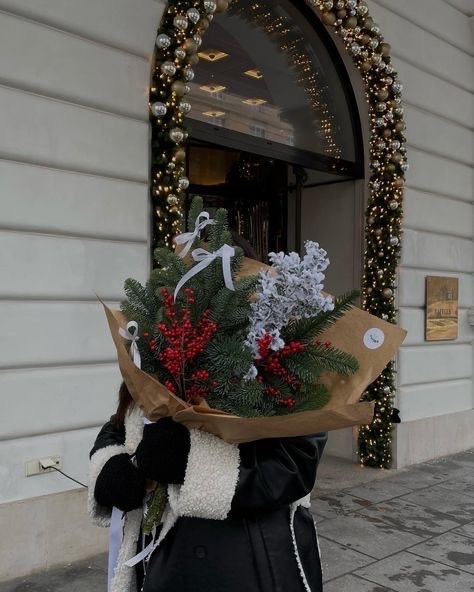
The more time passes, the more I feel like I was really born in the wrong era... I dream of simplicity, authentic relationships, of this innocence that we left behind. I do not aspire to perfection, or to the accumulation of material, only to sincere, spontaneous and true exchanges. Deep connections between humans. A world where kindness and empathy would be central values. But today, everything seems calculated, everyone uses and manipulates the other for their interests. People no longer dialogue to try to understand each other, they just want to impose their ideologies. All the current values put forward are not mine. Common sense also leaves the minds... I no longer recognize myself in the majority of my peers. Feeling so out of step is abused to the point of wondering if it is not me who is off the mark. In short, I also know that I am not alone in feeling all this and that is what keeps me going in all this ambient mess. But deep down I still have faith in humanity, that is the most important thing, surely not this year otherwise I would know. So if you are reading this message, know that there are others like you who love others, life, people, so let's see you next year. Because we are beautiful people happy New Year 2025
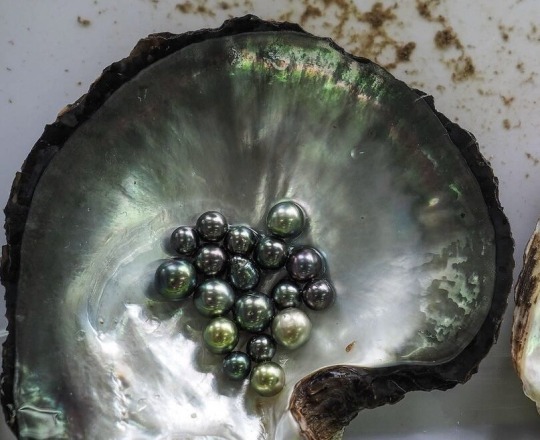
Più passa il tempo e più mi sento davvero nata nell'epoca sbagliata... sogno la semplicità, le relazioni autentiche, questa innocenza che ci siamo lasciati alle spalle. Non aspiro alla perfezione, né all'accumulo di materiale, ma solo agli scambi sinceri, spontanei e veri. Connessioni profonde tra gli esseri umani. Un mondo in cui la gentilezza e l’empatia sono valori centrali. Ma oggi tutto sembra calcolato, ognuno usa e manipola l’altro per i propri interessi. Le persone non dialogano più per cercare di capirsi, vogliono solo imporre le proprie ideologie. Tutti i valori attuali proposti non sono miei. Anche il buon senso abbandona la mente delle persone... Non mi riconosco più nella maggior parte dei miei coetanei. Si abusa del sentirsi così fuori passo al punto da chiedersi se sono io a non cogliere il punto. Insomma, so anche che non sono il solo a provare tutto questo ed è questo che mi fa andare avanti in tutto questo caos circostante. Ma in fondo ho ancora fiducia nell'umanità, questa è la cosa più importante, sicuramente non quest'anno altrimenti lo saprei. Quindi se leggi questo messaggio sappi che ci sono altri come te che amano la vita degli altri, quindi ci vediamo l'anno prossimo. Perché siamo belle persone
#texte bonne année#bonne année#project 2025#happy new year#happy new year 2025#2025#buon anno#buon anno 2025
20 notes
·
View notes
Note
🚀
🚀 - Does your system have any non-human alters?
Yes, actually!! We have:
Feral - a bipedal green cat guy (basically - cat fursona, but think headmate)
Kiki - ANCH fictive
Lolly / Ramune - ANCH fictive
Solace - Roblox Pressure fictive
+ a small handful of Pokèmon fictives, and some headmates with non-human aspectz! And then I'm juzt here lmao
-Kasper
10 notes
·
View notes
Text
Il cane guaisce, perché deve pur esserci un rumore di fondo ad interrompere il percorso dei pensieri.
Qualcuno dice "sembra ieri" .
A te, forse.
A me sembra "sempre", perché il tempo è l'invenzione umana per giustificare passi di danza, anche quelli mal riusciti.
Sempre una storia da raccontare, per tacere su altre cento.
Silenzio.
-
(The dog whines, because there must be some background noise to interrupt the flow of thoughts.
Someone says "it seems like yesterday".
To you, maybe.
To me it seems "always", because time is the human invention to justify dance steps, even the badly done ones.
Always a story to tell,
to keep quiet about a hundred others.
Silence.)
I.S.A.
9 notes
·
View notes
Text
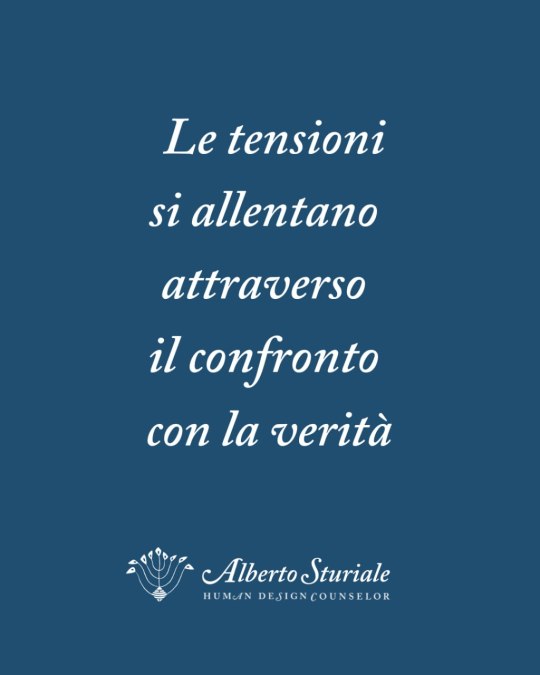
Le tensioni nascono dal bisogno di controllo – un controllo mentale, illusorio – che tenta di proteggerci dalla paura e dal dolore. Ma nel tentativo di evitarli, finiamo per evitare anche la vita stessa.
Paura e dolore, infatti, sono parte integrante del nostro Viaggio, così come lo sono il confronto con l’altro e il fluire dei cambiamenti.
Tutto ciò che accade è PER noi, non contro di noi. Ogni esperienza - se la sappiamo accogliere - è funzionale alla crescita della nostra consapevolezza.
Le tensioni non si possono evitare, ma possiamo imparare a trasformarle in alleate: strumenti preziosi per conoscere in profondità i nostri limiti, per avvicinarci alla nostra essenza.
Come una corda di chitarra, è la tensione che permette alla musica di nascere.
Sta a noi trovare la giusta tensione, saperci 'accordare'. 🎶
'AcCORdarci' significa entrare in sintonia con la nostra verità interiore... col CORE 💓
E, nel confronto con l’altro e con la vita, imparare a confrontarci davvero con noi stessi.
E qui entrano in gioco Strategia e Autorità: le guide interiori che ci orientano nel nostro Disegno, permettendoci di vivere con integrità, presenza e autenticità.
Buona sperimentazione nell'Arte di saperti confrontare, 'acCORdare': con te e con l'altro 💗
Alberto Sturiale
Human Design Counselor
9 notes
·
View notes
Text
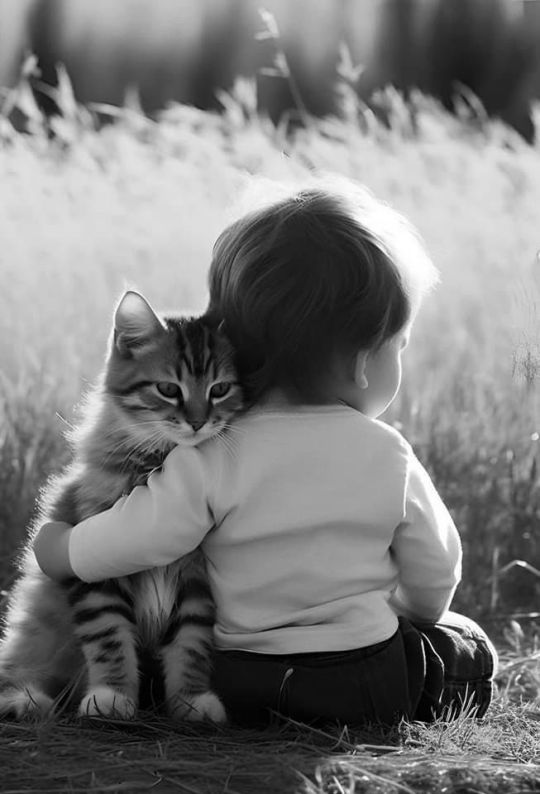
Il contagio dell'umore è un problema reale che si insinua nella vita quotidiana degli esseri umani. Condividere uno spazio fisico con gli altri può portare tutti all'improvviso ad avere lo stesso umore. Essere presenti con come ci si sente nel proprio corpo ed essere consapevoli dei propri sentimenti attuali è metà della soluzione. La maggior parte delle persone non mette nemmeno in discussione il proprio stato attuale e si limita a seguire ciò che il 3D mostra loro, e questo li tiene all'oscuro. Ti è concesso di essere felice, quando gli altri non lo sono. Ti è concesso di essere eccitato per il futuro quando gli altri sono depressi, infelici e in grossi guai. Ti è concesso di ballare quando senti una brutta notizia trasmessa. Queste sono cose che i gatti e i bambini padroneggiano perché non sono ancora stati programmati. Può sembrare insensibile ed egoista essere gioiosi, quando le persone nella stanza non lo sono. Quando ti elevi, loro si sentono sollevati senza nemmeno rendersene conto. Il punto non è che tu li elevi. Si tratta di aiutare te stesso, perché te lo meriti. Va bene che gli altri non si sentano bene. Va bene che ti giudichino anche come insensibile. Questo è ciò che sta servendo loro in questo momento, come orchestrato dai loro sé superiori. Non devi salvarli, perché sono già salvati. Non devi aiutarli secondo la loro folle definizione di aiuto. Credi che un bambino o un gatto debbano sentirsi male in una stanza piena di persone depresse? No. La risposta dovrebbe valere anche per te. In nessun universo sei meno amato di un bambino o di un gatto. lightcodex.com photo by Nina Nelke *************************** Mood contagion is a real problem that creeps into the daily lives of humans. Sharing a physical space with others can suddenly make everyone feel the same mood. Being present with how you feel in your body and being aware of your current feelings is half the solution. Most people don’t even question their current state and just go with what 3D shows them, and that keeps them in the dark. You are allowed to be happy when others aren’t. You are allowed to be excited about the future when others are depressed, unhappy, and in deep trouble. You are allowed to dance when you hear bad news being broadcast. These are things cats and children master because they haven’t been programmed yet. It can feel insensitive and selfish to be joyful when the people in the room aren’t. When you uplift them, they feel uplifted without even realizing it. It’s not about you uplifting them. It's about helping yourself, because you deserve it. It's okay for others to not feel good. It's okay for them to judge you as insensitive, too. That's what's serving them right now, as orchestrated by their higher selves. You don't have to save them, because they're already saved. You don't have to help them according to their crazy definition of helping. Do you think a child or a cat should feel bad in a room full of depressed people? No. The answer should also apply to you. In no universe are you less loved than a child or a cat. lightcodex.com photo by Nina Nelke
15 notes
·
View notes
Text
maybe we've both gone mad: a mauraeyk fanmix
Tracklist:
The Sanity Assassin - Bauhaus Salt - Eivør String Quartet No. 12, II. Lento - Antonín Dvořák Tiger Mountain Peasant Song - Fleet Foxes Lieder eines fahrenden Gesellen III. Ich hab' ein glühend Messer - Gustav Mahler Anamnesi - John Doe Verklärte Nacht I. Grave - Arnold Schoenberg Are mou rindineddha - L'Arpeggiata Stagno & Corpo celeste (ghost track) - Subsonica Grading Curve - Coral Bones Ein Heldenleben III. Des Heldenleben Gefährtin - Richard Strauss Lagune - Raffaello Simeoni Verklärte Nacht V. Adagio - Arnold Schoenberg No Words - Clan of Xymox I Come With Knives - IAMX Silent Hedges - Bauhaus Storm Comin' - The Wailin' Jennys Flood II - The Sisters of Mercy Shelter from the Storm - Bob Dylan Die Csárdásfürstin: "Weißt du es noch" - Emmerich Kálmán Last Exit For The Lost - Fields Of The Nephilim The Same Deep Water as You - The Cure 4 doppelchörige gesänge I. An die Sterne - Robert Schumann
Lyric excerpts under the cut:
The Sanity Assassin - Bauhaus
He whispers in your ear Was it nothing that you said He's walking in your sleep now He keeps your fat paranoia well fed
Salt - Eivør
Og sjógvurin tyngist Alt togar móti dýpinum Eg veit eg má fara Eg veit at eg kann - And the swells grow heavy, they all pull down into the deep, I know I must go, I know that I can.
Tiger Mountain Peasant Song - Fleet Foxes
Dear shadow alive and well How can the body die? You tell me everything Anything true Into town one morning I went Staggering through premonitions of my death I don't see anybody that dear to me
Lieder eines fahrenden Gesellen III. Ich hab' ein glühend Messer - Gustav Mahler
Wenn ich aus dem Traum auffahr’ Und höre klingen ihr silbern Lachen, O weh! O weh! Ich wollt’, ich läg’ auf der schwarzen Bahr’, Könnt’ nimmer die Augen aufmachen! - When I wake with a jolt from my dream And hear her silvery laugh, Alas! Alas! I wish I were lying on the black bier, And might never open my eyes again!
Anamnesi - John Doe
Che libero cantare Mi rende più assente Più savio di mente Più alcolico e più prepotente Più magro e maturo - How freeing to sing It makes me more distant More wise in mind More alcoholic and more overbearing More thin and mature
Are mou rindineddha - L'Arpeggiata
Are mou rindineddha Plea talassa se guaddhi Ce aputte ste' ce ftazzi M'utto kalo cero - Who knows, little swallow From where you've flown Which seas you've crossed To arrive with the fair weather
Stagno - Subsonica
Lo stagno pronto a specchiarmi È un abisso per me Che ricambia lo sguardo Che mi parla di te - The pond ready to reflect me Is an abyss for me That returns my gaze That tells me about you
Corpo celeste - Subsonica
E sono qui a immaginare anche per noi Un tempo sospeso Un frammento di eternità Quanto di te Per sempre a caso viaggerà Le curvature del tempo Ci attendono - And I'm here to imagine even for us A suspended time A fragment of eternity How much of you Will always travel at random The curves of time Wait for us
Grading Curve - Coral Bones
Oh I think I told, know I told Your ear too much ... I'm human only by composition, got blood in veins You live in a kingdom of dust and haunted seas Away from the valleys Adventures have started to fill up my windowsill Like fish in a barrel
Lagune - Raffaello Simeoni
Tu sei ciò che ho già E non ho mai avuto Ti addensi come il sale Mi prendi all'improvvisu Come lu entu dal mare - You're what I have already And have never had You gather like salt You capture me suddenly Like wind from the sea
No Words - Clan of Xymox
I saw how you looked at me I saw how you danced with her I saw it before I saw it before Right now, I guess you move
I Come With Knives - IAMX
Kinder und Sterne küssen und verlieren sich Greifen leise meine Hand und führen mich Die Traumgötter brachten mich in eine Landschaft Schmetterlinge flatterten durch meine Seele - Children and stars kiss and lose themselves Gently take my hand and guide me The dream gods brought me to a landscape Butterflies fluttered through my soul
Silent Hedges - Bauhaus
Following the silent hedges Needing some other kind of madness Looking into purple eyes Sadness at the corners Works of art with a minimum of steel
Storm Comin' - The Wailin' Jennys
Will you listen to that thunder roar And let your spirits soar When that love calls Open up your door
Flood II - The Sisters of Mercy
She says no no no no harm will come your way She says bring it on down, bring on the wave She says: nobody done no harm Grace of God and raise your arms She says: face it and it's a place to stay
Shelter from the Storm - Bob Dylan
Now there's a wall between us Something there's been lost I took too much for granted I got my signals crossed Just to think that it all began On an uneventful morn "Come in," she said, "I'll give ya Shelter from the storm"
Die Csárdásfürstin: "Weißt du es noch" - Emmerich Kálmán
Weißt du es noch? Weißt du es noch? War auch nur flüchtig der Traum, Schön war er doch! - Do you still remember? Do you still remember? Was that dream only fleeting? Yet it was beautiful!
Last Exit for the Lost - Fields Of The Nephilim
Between the spaces, along the wall Appearing faces that disappear at dawn We're getting closer, I can see the door Closer and closer
The Same Deep Water as You - The Cure
The strangest twist upon your lips But I don't see, and I don't feel But tightly hold up silently My hands, before my fading eyes And in my eyes your smile The very last thing before I go
4 doppelchörige gesänge I. An die Sterne - Robert Schumann
Sterne in des Himmels Ferne, bis mein Geist den Fittich hebt und zu eurem Frieden schwebt, hang' an euch mein Sehnen hoffend, glaubevoll! O, ihr holden, schönen, könnt ihr täuschen wohl? - Stars in the distant heavens, until my spirit takes wing and flies to your peace, I pin my longings on you, hoping, trusting. O you lovely, beautiful ones, is it possible for you to deceive me?
#1899#1899 netflix#maura franklin#eyk larsen#mauraeyk#maura x eyk#shows up to the 1899 tag like 2 years late with starbucks#i'm still so normal about these two#I say this is a mauraeyk playlist but daniel is there too. on the periphery#tracks are arranged in order to generally follow their character + relationship development#also some lyric transcriptions and translations are mine - did my best but there's a decent chance there are errors#also yes this playlist is perhaps a bit long and has some genre whiplash. I am perhaps a bit insane. you're welcome
11 notes
·
View notes
Text
ENG:
Hi everyone,
today I just need to vent for a moment and share a personal thought: I find the hate directed at Immortal in Invincible really forced.
Are we seriously judging a character just because he loses fights? Seriously? It seems to me someone needs to call this out: there’s a big difference between laughing at a meme and turning it into constant mockery—even toward those who see themselves in this character or consider him a “comfort character.”
Immortal is no random guy. He’s a man who’s lived for over 3,000 years. He’s been a king, a warrior, a knight, a guide… and if I’m not mistaken, in the Invincible storyline he even took on the role of Abraham Lincoln. He fought for humanity long before the idea of “superhero” even existed.
I admit the memes about him can be funny—I laugh at them too—but it bothers me when they turn into calling him “useless” or a “loser,” or when people bully anyone who actually appreciates him, or treat him like a total failure.
If we want to critique certain sides of his personality—his stubbornness, for example—that’s fine. But let’s also try to put ourselves in his shoes:
Imagine living 3,000 years as the most powerful human on the planet… and then waking up one day to find you’re nothing but an ant compared to beings like the Viltrumites.
Imagine your team—your family—brutally slaughtered by someone you trusted. Imagine finding yourself alone, full of rage, guilt, and helplessness.
Immortal doesn’t fight out of ego. He fights because he can’t do otherwise. Because he’s traumatized, broken, and driven by that sense of duty that’s always defined him. He never had a moment to stop and process the pain.
And that’s where the only truly valid critique comes in: Immortal never faces his trauma. He doesn’t seek help, he doesn’t pause… until it’s too late. But then he changes.
He realizes he needs to let go, he deserves a normal life. He retires, he builds a family. And that’s not a defeat. It’s maturity. It’s awareness. It’s inner strength.
In conclusion: yes, let’s laugh at the memes—I’m right there with you. But let’s remember Immortal isn’t just “that guy who always loses.”
It’s not his fault that ultra-powerful beings like the Viltrumites exist. And it’s unfair to reduce a character with so much depth to a mere punching bag.
A bit of context, a bit of empathy… and maybe a bit of respect. Even for those who fall. But keep getting back up.
IT:
Ciao ragazzi,
Oggi sento il bisogno di sfogarmi un attimo e condividere un pensiero personale: trovo che l’odio nei confronti di Immortal, in Invincible, sia davvero forzato.
Davvero stiamo arrivando al punto di giudicare un personaggio solo perché perde dei combattimenti? Davvero? A me pare che qualcuno dovrebbe iniziare a dirlo chiaramente: una cosa è ridere per un meme, un’altra è trasformare la cosa in una presa in giro costante, anche verso chi magari si ritrova in questo personaggio o lo considera un "comfort character".
Immortal non è uno qualsiasi. È un uomo che vive da più di 3000 anni. È stato re, guerriero, cavaliere, guida... e se non sbaglio, nella storia di Invincible ha anche interpretato Abraham Lincoln. Ha combattuto per l’umanità ben prima che il concetto di “supereroe” esistesse.
I meme su di lui li trovo anche divertenti, lo ammetto, ma mi dà fastidio quando da lì si passa a chiamarlo “inutile” o “sfigato”, quando si fa bullismo su chi lo apprezza, o quando lo si tratta come un fallimento totale.
Se vogliamo criticarlo per certi aspetti della sua personalità – la testardaggine, per esempio – va benissimo. Ma proviamo anche a metterci nei suoi panni:
Immaginate di vivere 3000 anni come l’essere umano più potente del pianeta… e poi scoprire, da un giorno all’altro, che sei solo una formica rispetto a esseri come i Viltrumiti.
Immaginate di vedere il tuo team, la tua famiglia, massacrata brutalmente da qualcuno in cui credevi. Immaginate di ritrovarvi soli, pieni di rabbia, senso di colpa, e impotenza.
Immortal non combatte per ego. Combatte perché non può fare altrimenti. Perché è traumatizzato, distrutto, e pieno di quel senso del dovere che lo ha sempre guidato. Non ha mai potuto prendersi una pausa, né elaborare il dolore.
Ed è proprio lì che arriva una critica sensata: Immortal non affronta mai il suo trauma. Non cerca aiuto, non si ferma… finché è troppo tardi. Ma poi cambia.
Capisce di dover mollare, di meritarsi finalmente una vita normale. Va in pensione, si costruisce una famiglia. E questa non è una sconfitta. È maturità. È consapevolezza. È forza interiore.
In conclusione: sì, ridiamo con i meme, anch’io lo faccio. Ma ricordiamoci che Immortal non è solo “quello che perde sempre”.
Non è colpa sua se esistono esseri ultra-potenti come i Viltrumiti. E non è giusto trasformare un personaggio con così tanto spessore in un semplice bersaglio da deridere.
Bisogna avere un po’ di contesto, un po’ di empatia… e magari un po’ di rispetto. Anche per chi cade. Ma continua a rialzarsi.
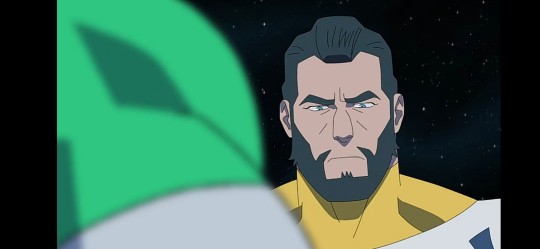
(Then he is always sad, I'm happy that he has a good life with Dupli-kate)
#invicible#immortal#character analysis#superheroes#long post#guardians of the globe#invincible series
7 notes
·
View notes
Text
L’idea che il sionismo sia un colonialismo di insediamento non è nuova. Gli studiosi palestinesi che negli anni ’60 lavoravano a Beirut nel Centro di Ricerca dell’OLP avevano già capito che quello che stavano affrontando in Palestina non era un progetto coloniale classico. Non inquadravano Israele solo come una colonia britannica o americana, ma lo consideravano un fenomeno che esisteva in altre parti del mondo, definito come colonialismo di insediamento. È interessante che per 20-30 anni la nozione di sionismo come colonialismo di insediamento sia scomparsa dal discorso politico e accademico. È tornata quando gli studiosi di altre parti del mondo, in particolare Sudafrica, Australia e Nord America, hanno concordato che il sionismo è un fenomeno simile al movimento degli europei che hanno creato gli Stati Uniti, il Canada, l’Australia, la Nuova Zelanda e il Sudafrica. Questa idea ci aiuta a comprendere molto meglio la natura del progetto sionista in Palestina dalla fine del XIX secolo ad oggi, e ci dà un’idea di cosa aspettarci in futuro.
Credo che questa particolare idea degli anni ’90, che collegava in modo così chiaro le azioni dei coloni europei, soprattutto in luoghi come il Nord America e l’Australia, con le azioni dei coloni che arrivarono in Palestina alla fine del XIX secolo, abbia chiarito bene le intenzioni dei coloni ebrei che colonizzarono la Palestina e la natura della resistenza locale palestinese a quella colonizzazione. I coloni seguirono la logica più importante adottata dai movimenti coloniali di insediamento, ossia che per creare una comunità coloniale di successo al di fuori dell’Europa è necessario eliminare gli indigeni del Paese in cui ci si è stabiliti. Ciò significa che la resistenza indigena a questa logica è stata una lotta contro l’eliminazione e non solo di liberazione. Questo è importante quando si pensa all’operazione di Hamas e di altre operazioni di resistenza palestinese fin dal 1948.
Gli stessi coloni, come nel caso di molti europei che arrivarono in Nord America, America Centrale o Australia, erano rifugiati e vittime di persecuzioni. Alcuni di loro erano meno sfortunati e cercavano semplicemente una vita e delle opportunità migliori. Ma la maggior parte di loro erano emarginati in Europa e cercavano di creare un’Europa in un altro luogo, una nuova Europa, invece dell’Europa che non li voleva. Nella maggior parte dei casi, hanno scelto un luogo in cui viveva già qualcun altro, i nativi. Quindi il nucleo più importante tra loro era quello dei leader e ideologi che fornivano giustificazioni religiose e culturali per la colonizzazione della terra di qualcun altro. A questo si può aggiungere la necessità di affidarsi a un Impero per iniziare la colonizzazione e mantenerla, anche se all’epoca i coloni si ribellarono all’Impero che li aveva aiutati e chiesero e ottennero l’indipendenza, che in molti casi ottennero e poi rinnovarono l’alleanza con l’Impero. Il rapporto anglo-sionista che si è trasformato in un’alleanza anglo-israeliana è un esempio.
L’idea che si possa eliminare con la forza il popolo della terra che si vuole, è probabilmente più comprensibile – non giustificata – sullo sfondo dei secoli XVI, XVII e XVIII, perché andava di pari passo con la piena approvazione dell’imperialismo e del colonialismo. Era alimentato dalla comune disumanizzazione degli altri popoli non occidentali e non europei. Se si disumanizzano le persone, è più facile eliminarle. L’aspetto unico del sionismo come movimento coloniale di insediamento è che è apparso sulla scena internazionale in un momento in cui le persone di tutto il mondo avevano iniziato a ripensare il diritto di eliminare gli indigeni, di eliminare i nativi e quindi possiamo capire lo sforzo e l’energia investiti dai sionisti e successivamente dallo Stato di Israele nel cercare di coprire il vero obiettivo di un movimento coloniale di insediamento come il sionismo, che era l’eliminazione dei nativi.
Ma oggi a Gaza stanno eliminando la popolazione nativa davanti ai nostri occhi, quindi come mai hanno quasi rinunciato a 75 anni di tentativi di nascondere le loro politiche di eliminazione? Per capirlo, dobbiamo apprezzare la trasformazione della natura del sionismo in Palestina nel corso degli anni. (segue nel link)
molto interessante
35 notes
·
View notes
Text
Ogni confine indica un limite, un “al di qua” e un “al di la” che implicano due diversità attaccate tra di loro. Vi sono confini tangibili, che si possono toccare con mano, altri che sono invisibili e solo chi conosce le intime differenze tra le due diversità confinanti, può comprendere quando una finisce ed incomincia l’altra. Per i siciliani, uno dei confini della loro anima è ad esempio la Madonnina posta in cima ad una torre all’inizio del porto di Messina. Essa infatti indica dove la nostra terra è in noi e dove la nostra terra è intorno a noi. Da questa parte della Madonnina, la parte che da verso il mare, noi siamo quello che la nostra terra ci ha dato, dall’altra parte invece, siamo la terra in cui siamo nati. Dire la terra è un termine riduttivo, perché la sicilianità è fatta di un insieme di cose come storia, cultura ricordi e soprattutto la nostra terra. Una terra che forma, affascina, incanta, distrugge, punisce, esalta e culla quella nostra parte umana fatta di famiglia, ricordi, racconti, poesie, parlata, modi di dire di essere, sentimenti in cui credere e da cui fuggire. E’ tutto un insieme di cose che va dagli arancini, a Pirandello, all’Etna in fiamme a la terra che trema. Tutto questo è al di la di quel sottile confine segnato dal mare e dalla Madonnina nel porto di Messina che osserva i traghetti andare e venire per portar via o far tornare i siciliani. E i siciliani si accorgono subito di questo confine, basta osservarli quando arrivano, e li vedi felici e sorridenti, o quando partono e li osservi seri e, non è esagerazione dirlo, anche con le lacrime agli occhi. È un confine invisibile che non si tocca e non si immagina, ma i siciliani lo conoscono bene.
Every border indicates a limit, a “here” and a “there” that imply two diversities attached to each other. There are tangible borders, that you can touch with your hand, others that are invisible and only those who know the intimate differences between the two bordering diversities can understand when one ends and the other begins. For Sicilians, one of the borders of their soul is for example the Madonnina placed on top of a tower at the beginning of the port of Messina. In fact, it indicates where our land is in us and where our land is around us. On this side of the Madonnina, the part that looks towards the sea, we are what our land has given us, on the other side instead, we are the land where we were born. Saying the land is a reductive term, because Sicilianness is made up of a set of things such as history, culture, memories and above all our land. A land that shapes, fascinates, enchants, destroys, punishes, exalts and cradles that human part of us made up of family, memories, stories, poems, speech, ways of saying of being, feelings to believe in and to escape from. It is a whole set of things that goes from arancini, to Pirandello, to Etna in flames to the earth that trembles. All this is beyond that thin border marked by the sea and the Madonnina in the port of Messina that watches the ferries come and go to take away or bring back the Sicilians. And the Sicilians immediately notice this border, just observe them when they arrive, and you see them happy and smiling, or when they leave and you observe them seriously and, it is not an exaggeration to say, even with tears in their eyes. It is an invisible border that cannot be touched and cannot be imagined, but the Sicilians know it well.
16 notes
·
View notes
Text
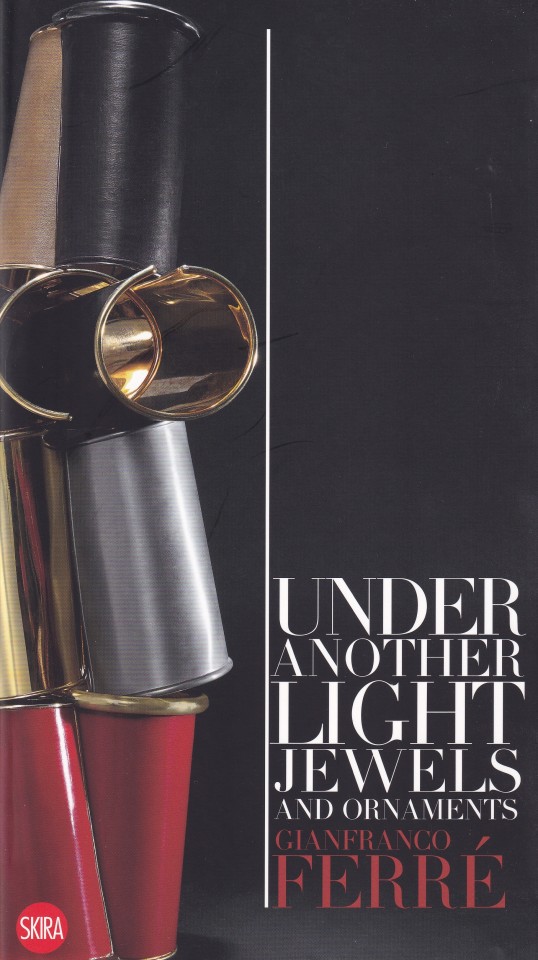
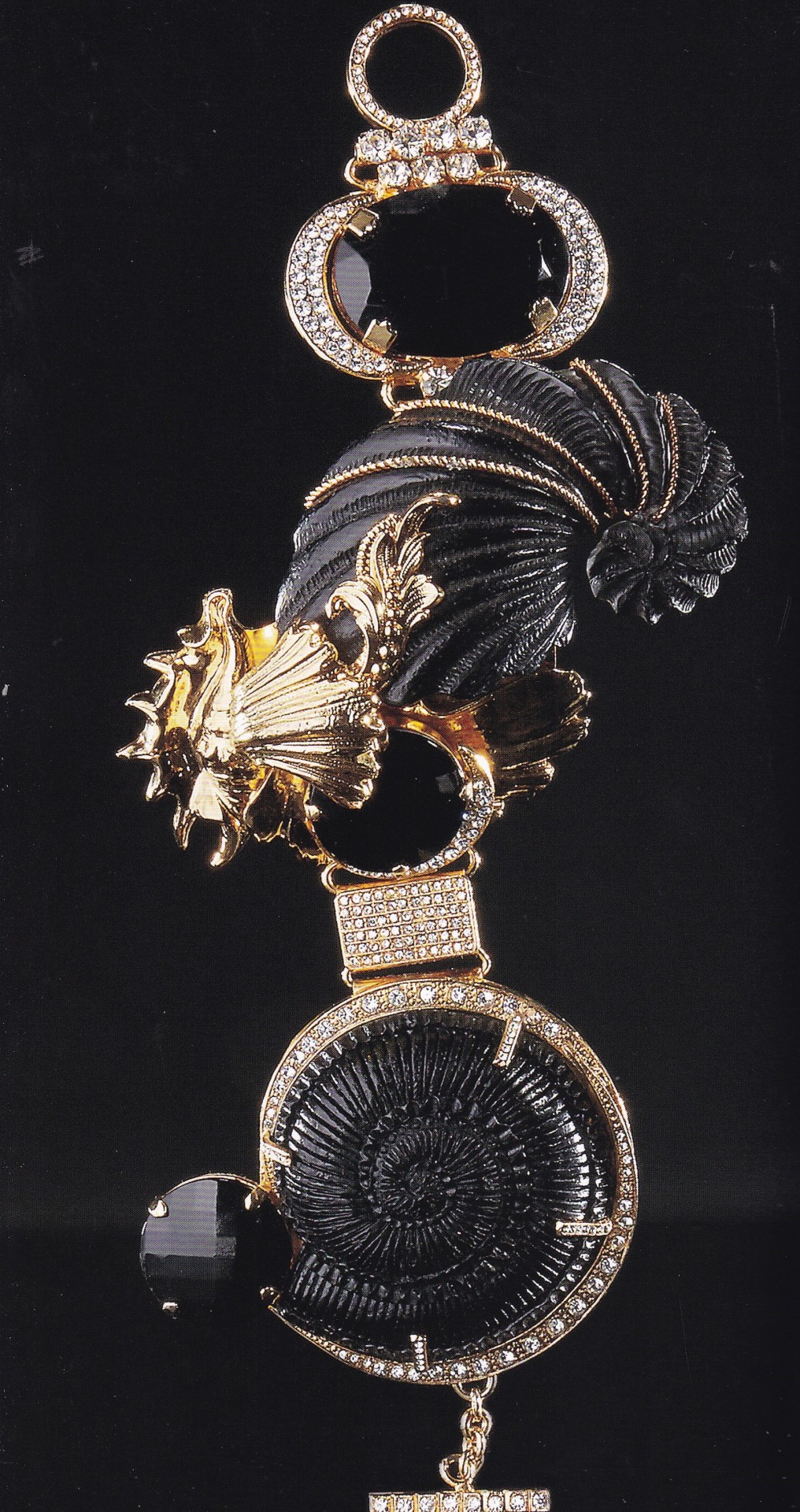
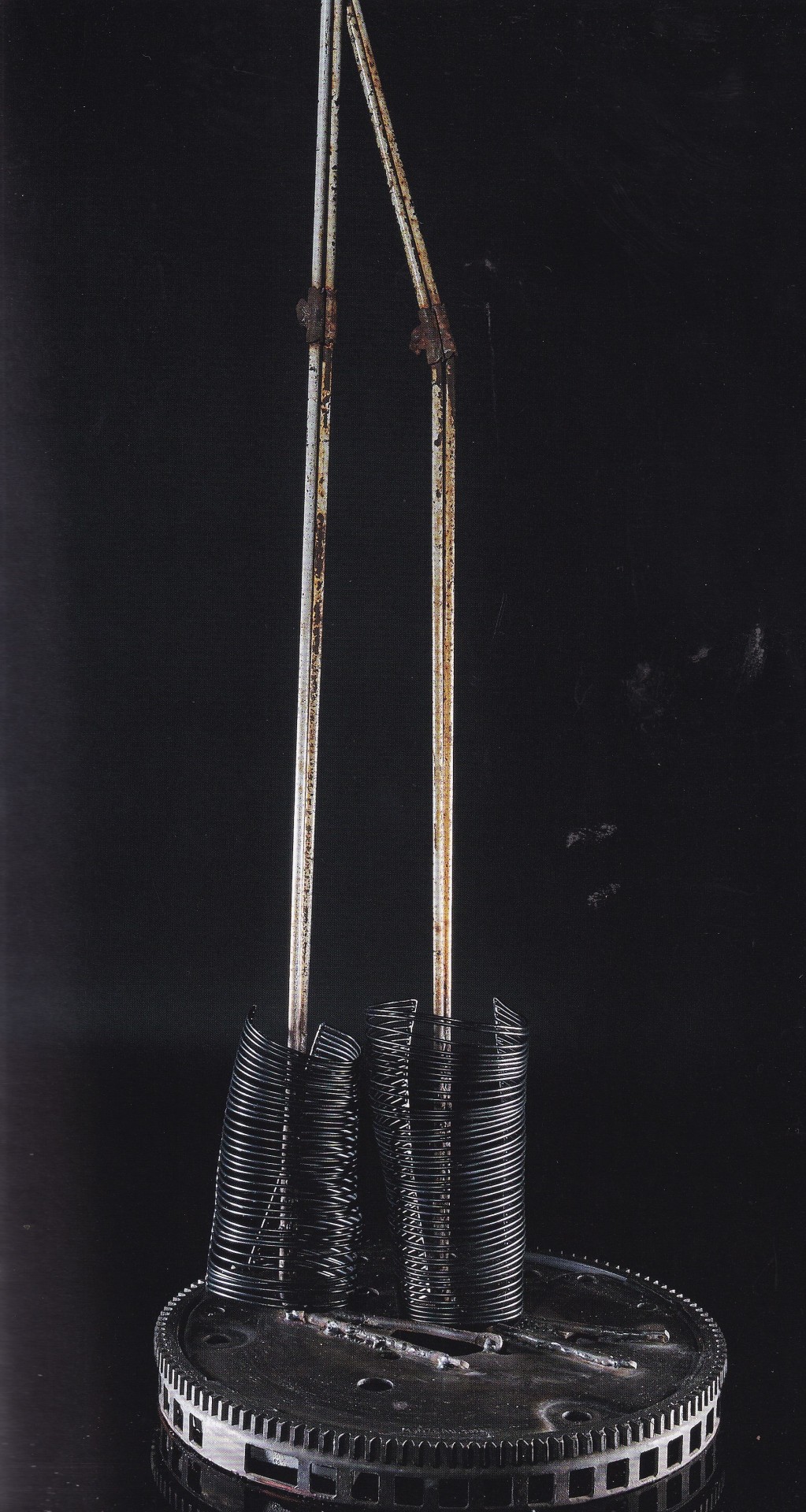
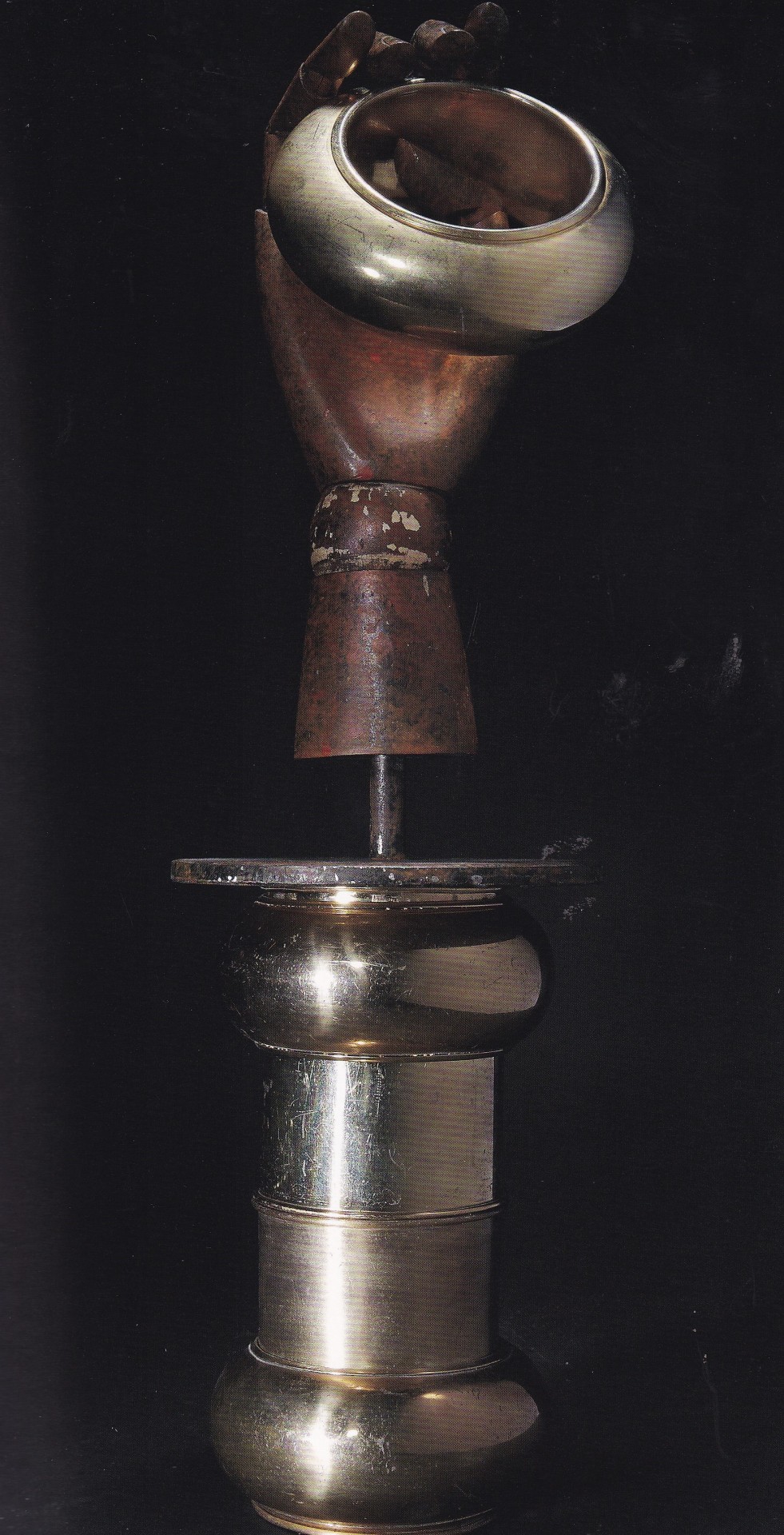
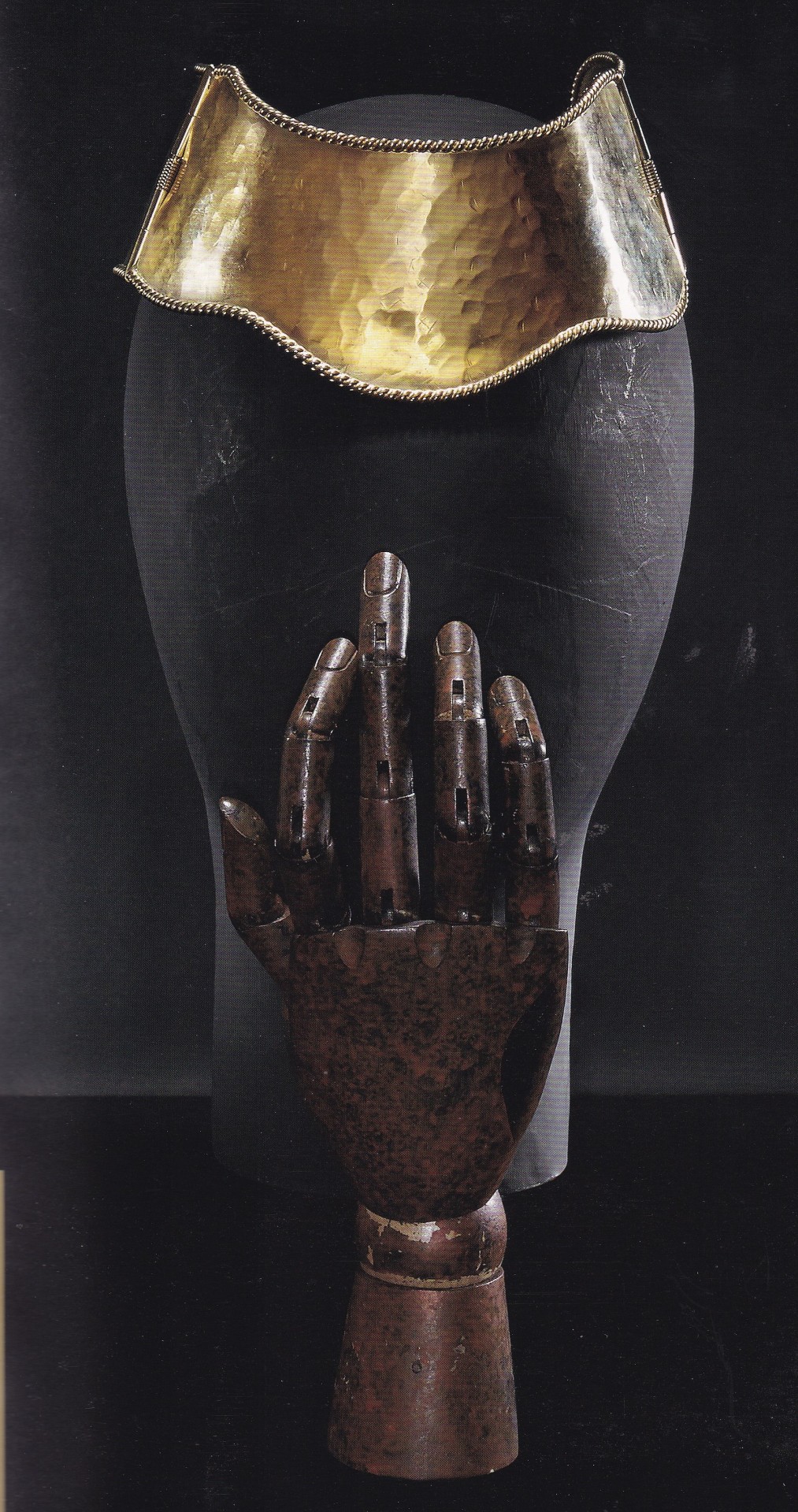
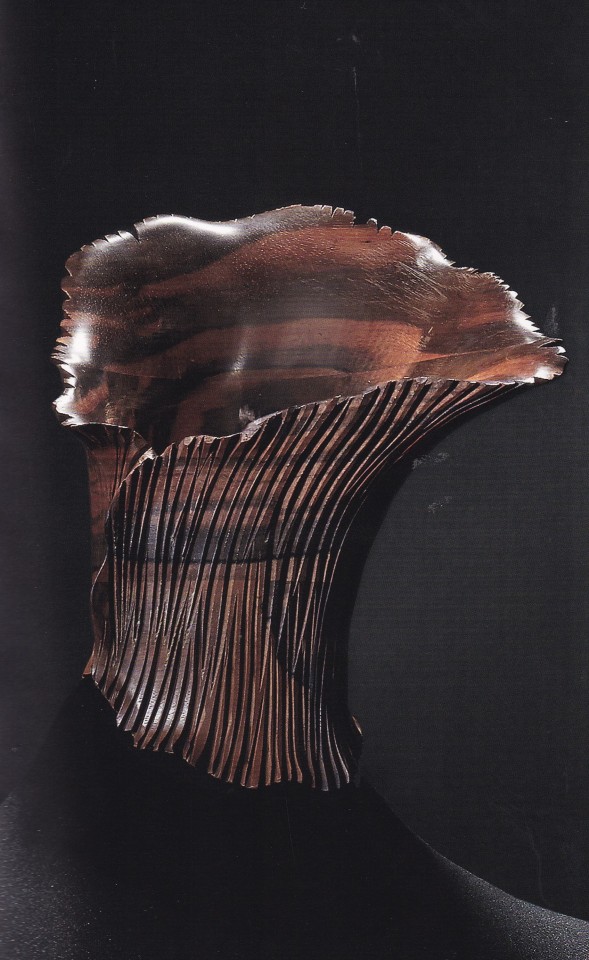
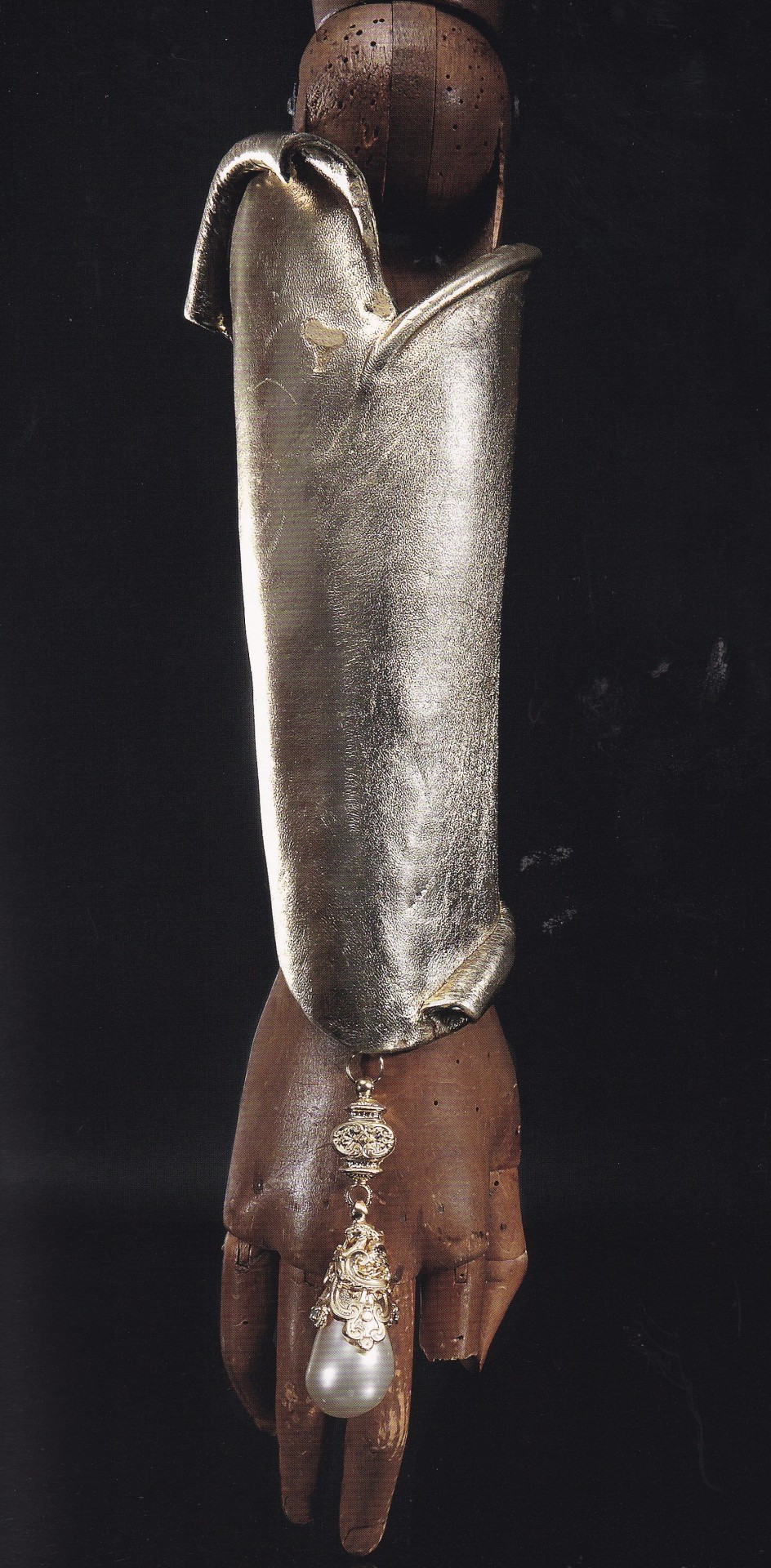
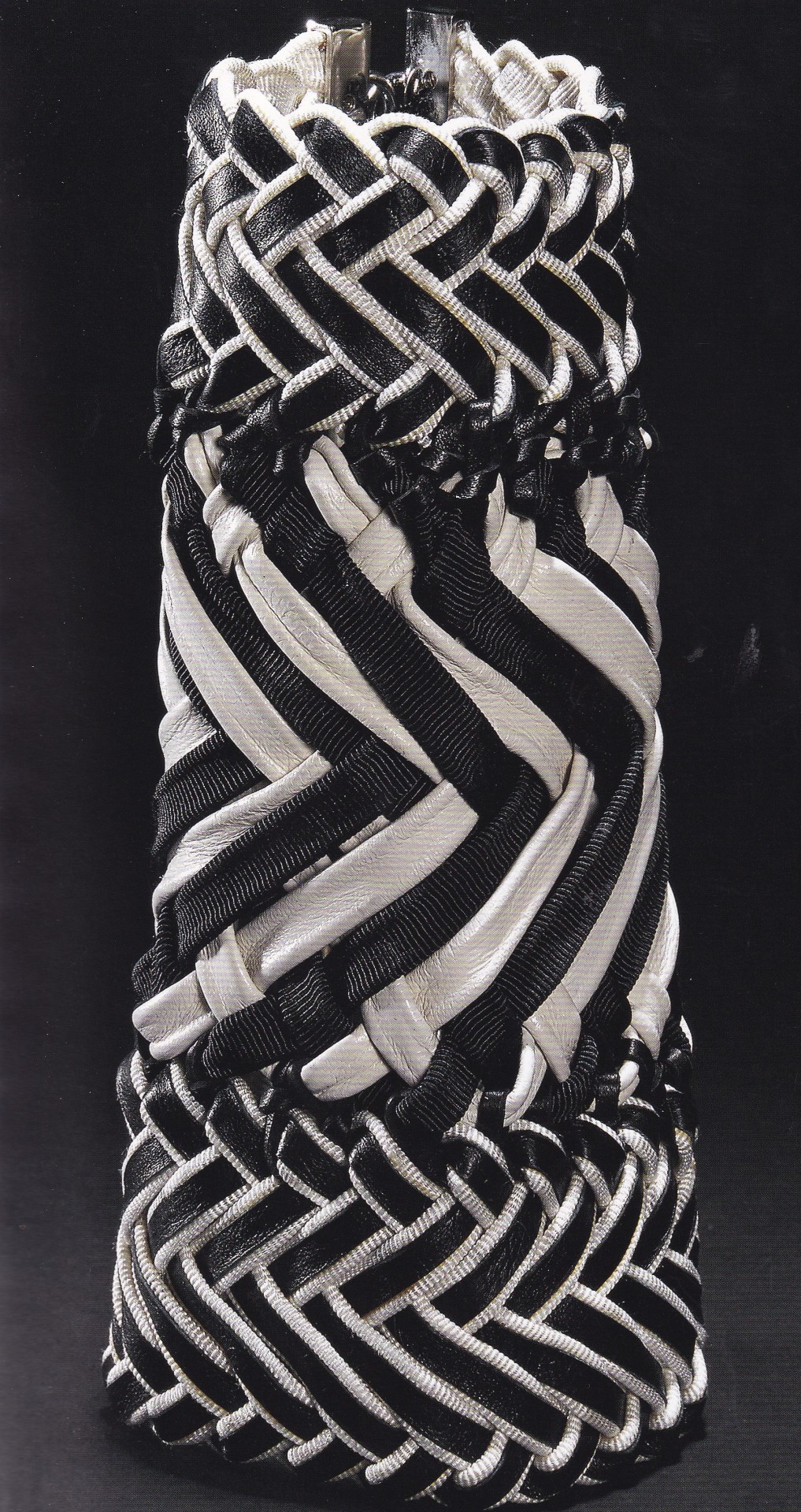
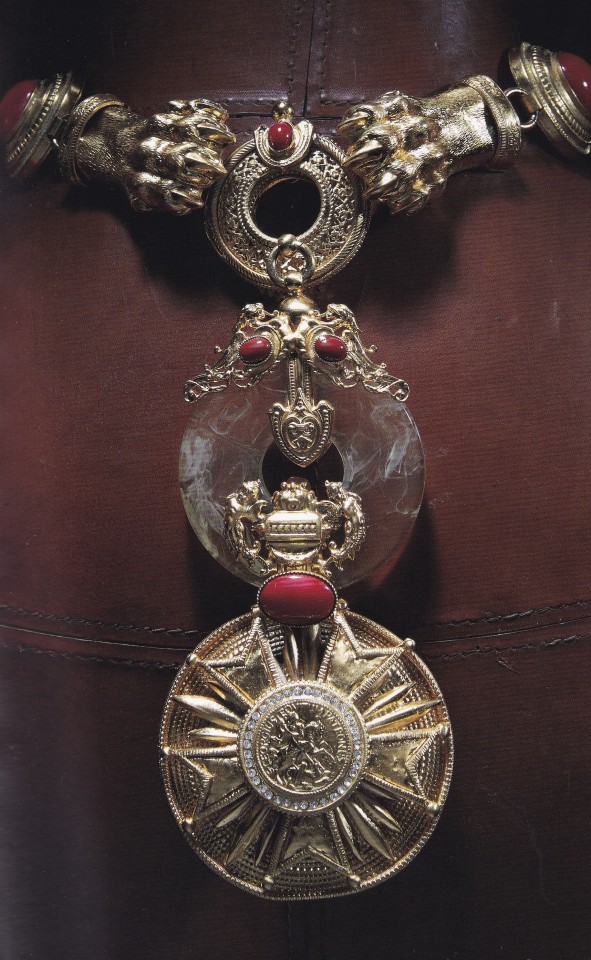
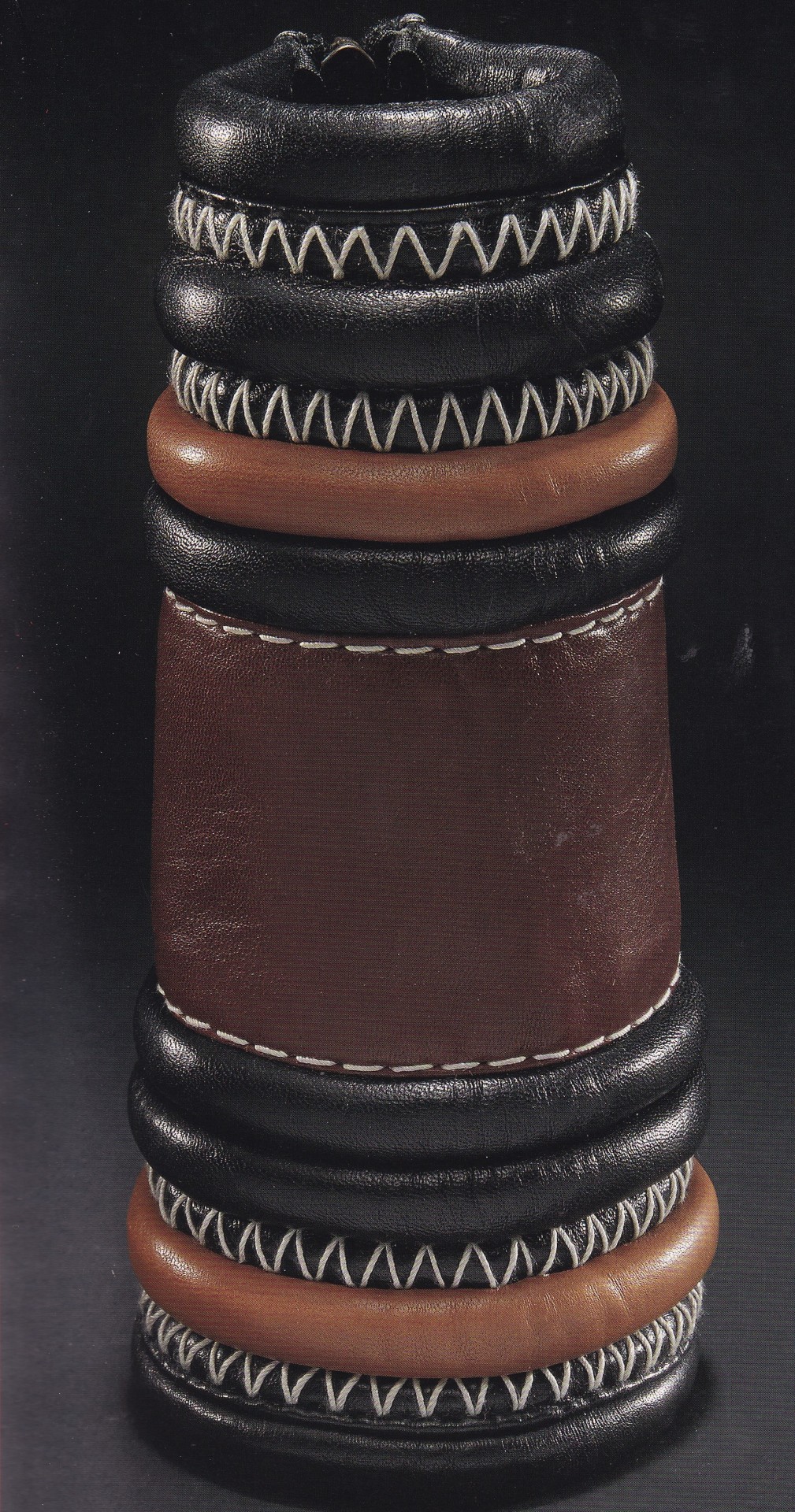

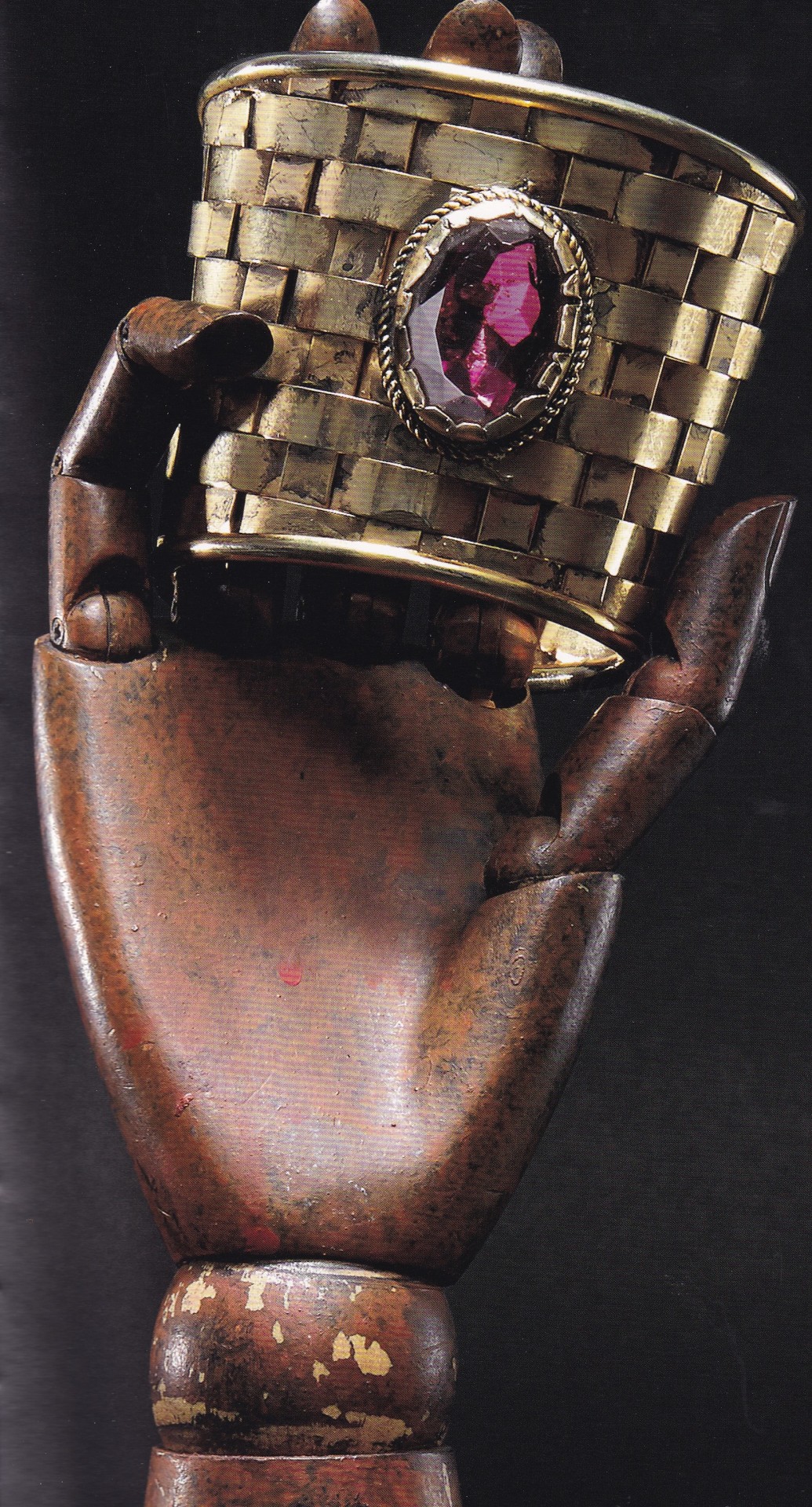
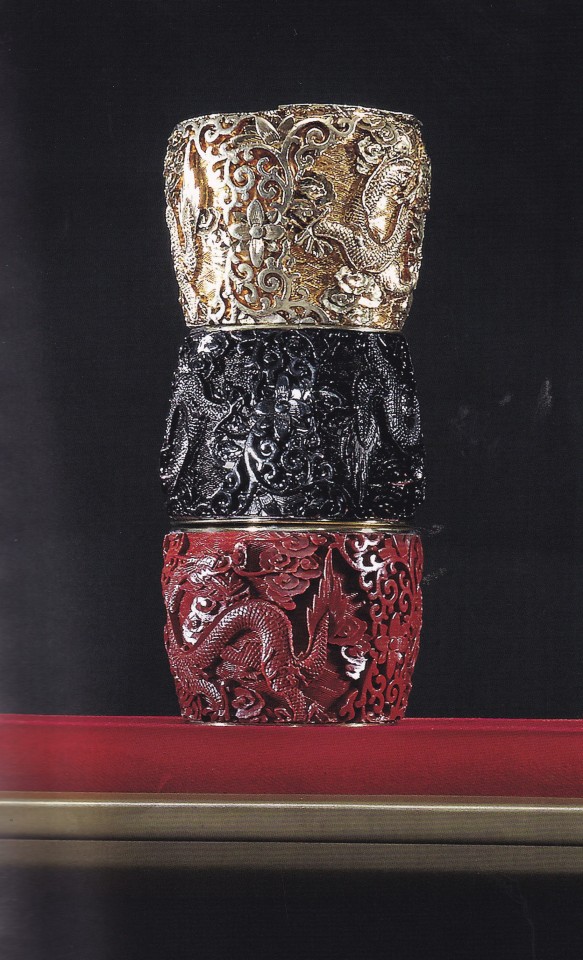
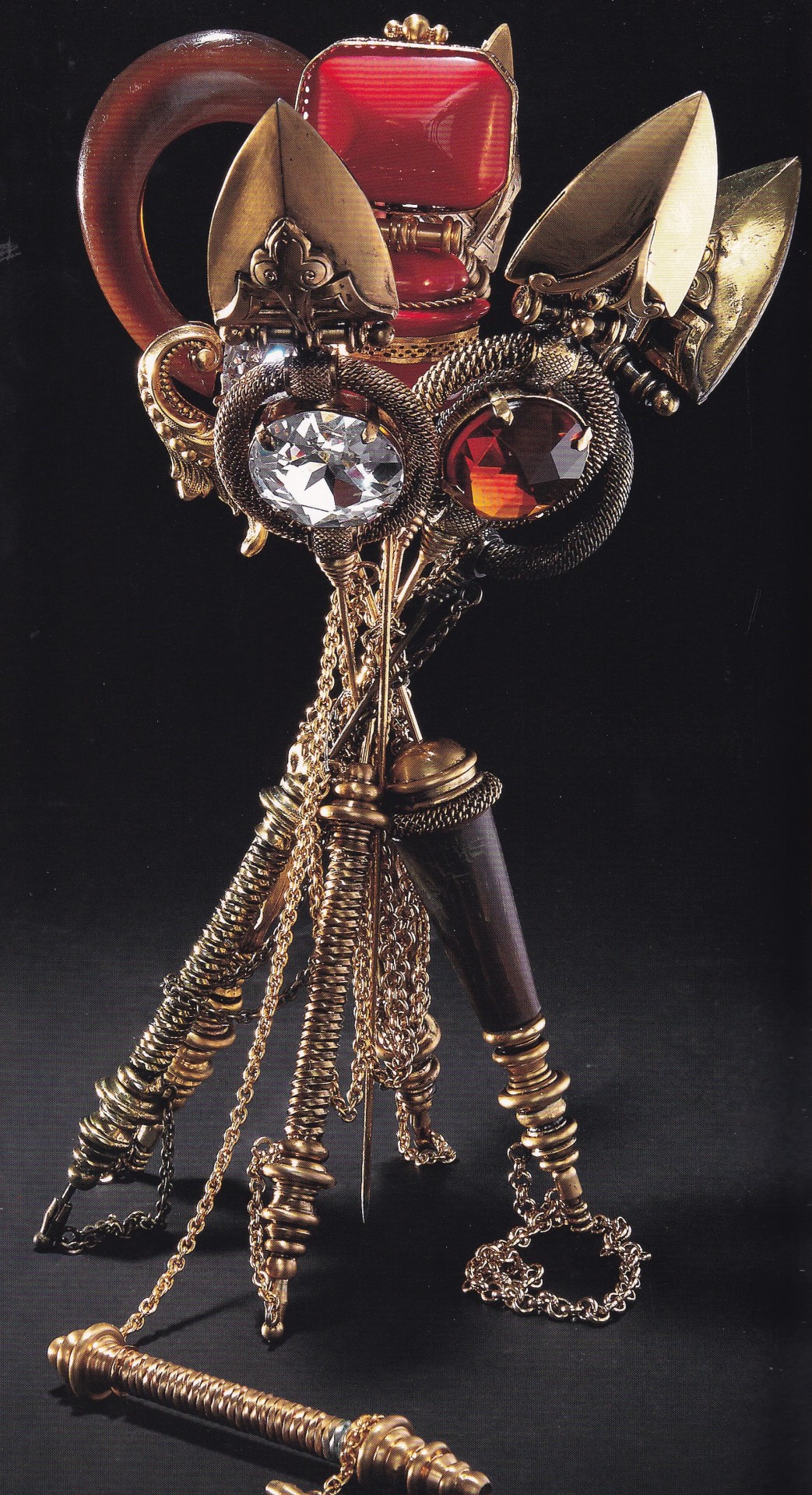
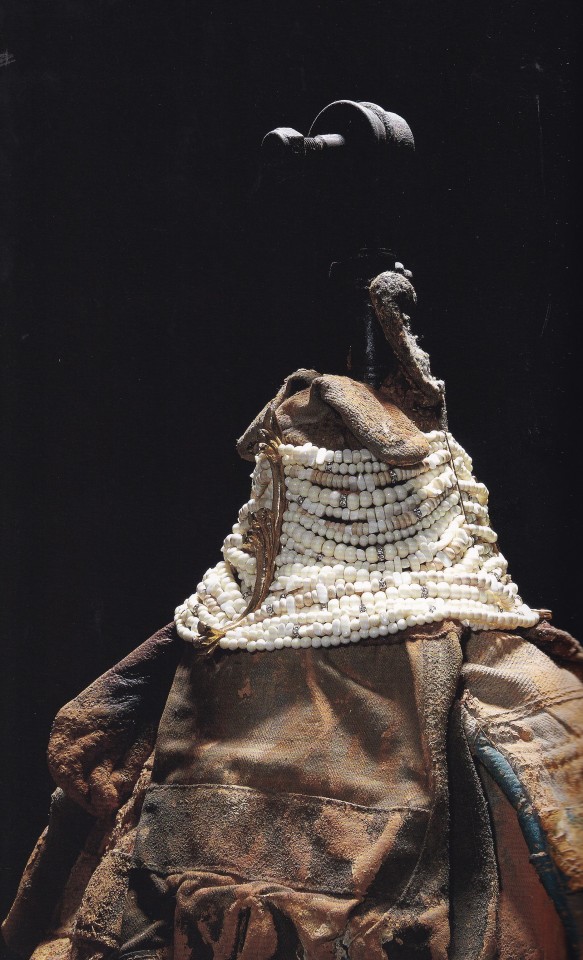
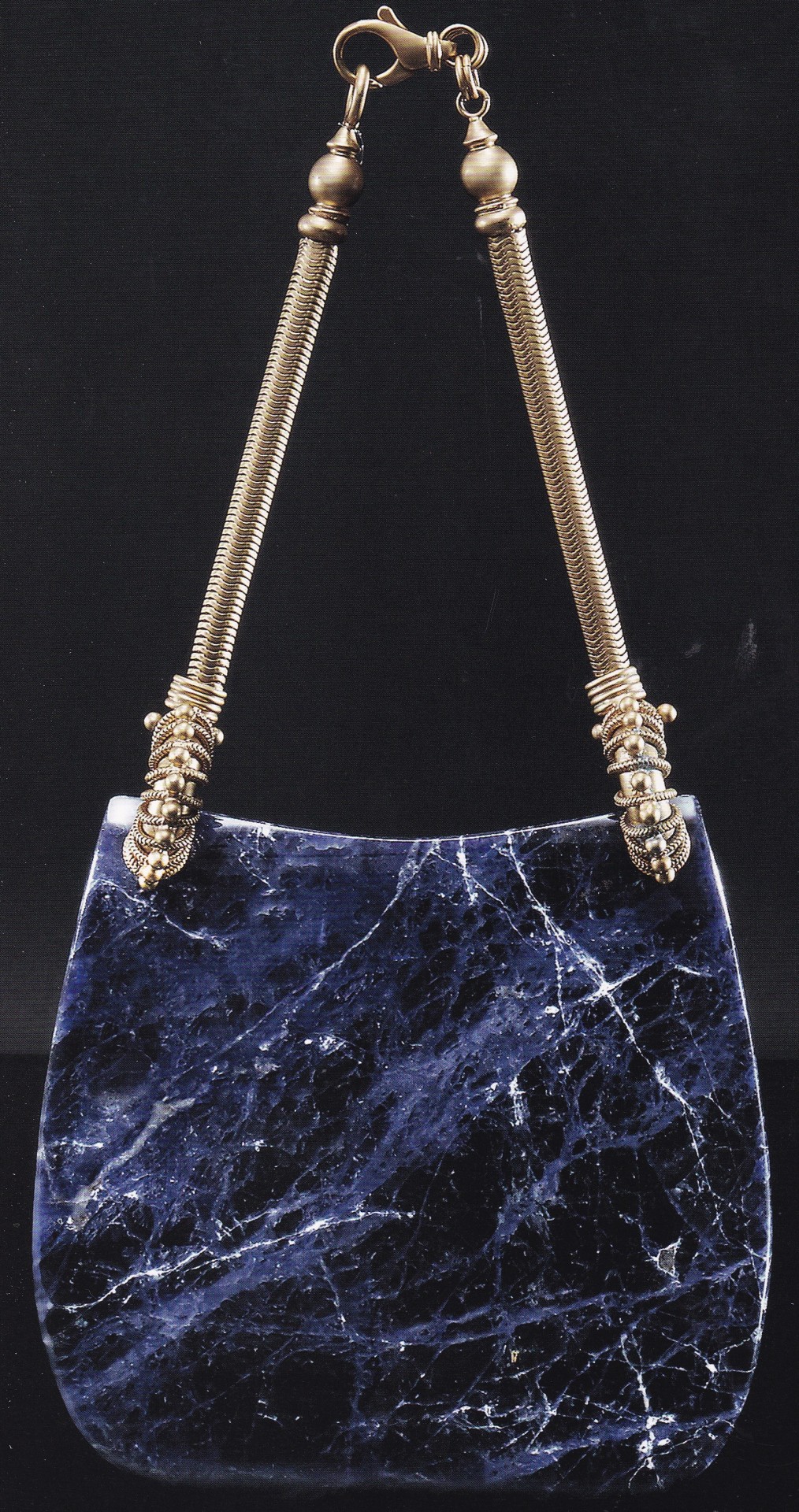
Under another light Jewels and ornaments by Gianfranco Ferré
a cura di Rita Airaghi, direzione artistica Luca Stoppini, fotografie di Andrea Passuello
Skira, Milano 2017, 234 pagine, 16,8x30cm, ISBN 978-88-572-3669
euro 42,00
email if you want to buy [email protected]
La mostra è accompagnata da un libro-catalogo edito da Skira, la cui direzione artistica è di Luca Stoppini, che ha anche reinterpretato le camicie con nuove immagini fotografiche. Il volume che si apre con i saluti di Andrea Cavicchi ed Alberto Ferré, presidenti delle due Fondazioni e presenta poi un testo sulle motivazioni del progetto della mostra, a cura di Filippo Guarini e Rita Airaghi, approfondisce i temi della mostra con il saggio introduttivo di Daniela Degl’Innocenti e gli interessanti contributi di personaggi e protagonisti dello stile, della moda e dell’architettura italiana quali Quirino Conti, Anna Maria Castro, Margherita Palli, Daniela Puppa e Franco Raggi, che raccontano ed interpretano la visione creativa e progettuale del grande stilista-architetto.
"Nel gioiello, un mondo. O meglio il mondo. Da sempre oggetto di incommensurabile valenza simbolica, per me il gioiello concretizza un'infinità di riferimenti, di rimandi, di sguardi alle realtà più disparate, tanto reali quanto oniriche, da cui traggo ispirazione. In ciò non sento la minima differenza tra 'sognare' un abito o un gioiello. Perché è del tutto simile l'impulso a ritrovare stimoli e suggestioni in un orizzonte infinitamente eterogeneo, privo di confini temporali non meno che spaziali." (Gianfranco Ferré)
With more than 100 photographs, Gianfranco Ferré: Under Another Light looks at the costume jewelry of Italian designer Gianfranco Ferré (1944–2007). Ferré himself said of this somewhat neglected side of his oeuvre: “intended as a decorative element of clothing, ‘my’ jewelry becomes a tool for its interpretation, for a subjective and individual reading of the garment. If clothing is an object―the ‘thing is worn’―then jewelry is the expression of the way, of ‘how it’s worn.’”
Amid the diversity of objects presented in this volume, there emerges a connection between bijoux and clothing collections, which Ferré always conceived in parallel with each other, and tied to the inescapable reference point, the human body―giving preference to its key parts, from the neck to the wrists and the waist.
28/10/24
#Gianfranco Ferré#Jewels and Ornaments#Rita Airaghi#Luca Stoppini#jewelry books#fashion books#fashionbooksmilano
9 notes
·
View notes
Text
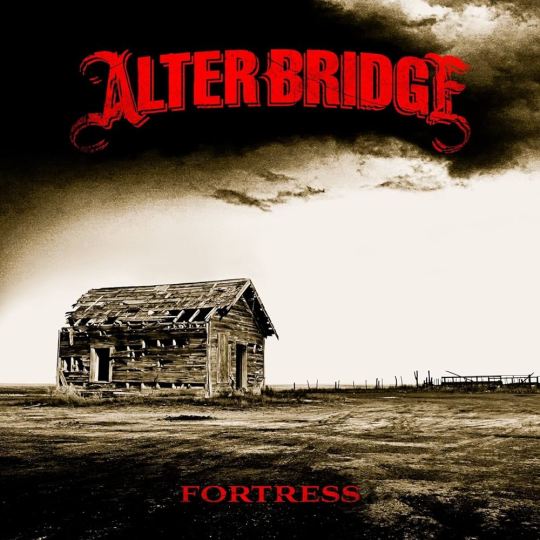
Storia Di Musica #324 - Alter Bridge, Fortress, 2013
Le scelte musicali di Maggio avranno come filo rosso la presenza di un edificio in copertina. Mi rendo conto che la scelta dell'elemento in comune è di per sé poco discriminante, perché la lista sarebbe lunghissima. Tuttavia con un percorso che ho immaginato a scorrimento di grandezza dell’edificio ne uscirà, spero di non deludervi, una bella selezione. Poi è sempre una buona occasione per scoprire altri dischi rispetto a quelli che ho scelto io. La copertina che inizia questo piccolo viaggio è una casa abbandonata in un deserto, che in maniera piuttosto ironica è stata scelta per descrivere la Fortezza del titolo. Fortress è il quarto album in studio degli Alter Bridge, uscito nel 2013. Gli Alter Bridge nascono agli inzi degli anni 2000, quando si unirono ex componenti di due band, i Creed e i Mayfield Four: dal primo provenivano Il chitarrista Mark Tremonti, il bassista Brian Marshall ed il batterista Scott Phillips facevano già parte dei Creed, insieme al cantante Scott Stapp, fin dal 1997. Dopo la pubblicazione di due album di successo (My Own Prison del 1997 e Human Clay del 1999) Marshall lasciò la band nel 2000, a causa di dissidi con il frontman Stapp: rimasti un trio, i Creed pubblicarono nel 2001 il loro terzo album, Weathered, un altro grande successo rimasto al primo posto per otto settimane consecutive, primato che i Creed condividono con la compilation The Beatles 1. La band divenne inattiva dal 2003 a seguito della conclusione di un tour controverso: in quell'anno, infatti, Tremonti iniziò a scrivere nuovo materiale con l'intenzione di formare una nuova band. Dopo aver richiamato Marshall al basso, il chitarrista decise di contattare il cantante Myles Kennedy, ex membro degli ormai sciolti Mayfield Four, conosciuto qualche anno prima durante un tour in cui l'ex band di Kennedy faceva da gruppo spalla ai Creed. Fu così che nacquero gli Alter Bridge, il cui nome deriva da un ponte, il bridge del titolo, situato presso la casa di Tremonti sulla Alter Road, a Detroit.
L’inizio è del 2004, One Day Remains, che ripulisce moltissimo il suono post grunge dei Creed e nonostante sia un buon successo commerciale è ben lontano dalle vendite della band “primigenia”. Subito però hanno un colpo di fortuna: diventano infatti un gruppo fidato della WWE, la famosa federazione di Wrestling americano. Alcune loro canzoni infatti apriranno i seguitissimi show e una loro canzone, Metalingus, è stata adottata dal wrestler Edge come musica d'entrata. Nel 2005 Save Me farà parte della colonna sonora del film Elektra. Eppure non tutto va per il meglio: la casa discografica premeva affinché si ritornasse al nome Creed, garanzia di maggiore notorietà, e anche a quel suono più sporco. La band aveva tuttìaltra idea e finirono per cambiare etichetta: nel 2007 passano alla Universal con cui pubblicano Blackbird: i testi e le musiche sono spesso a 4 mani tra Kennedy e Tremonti, l’album è molto più coeso e una canzone diviene molto famosa, Blackbird, scritta da Kennedy per un suo amico recentemente scomparso che in una votazione di una rivista inglese, Guitarist, è stata votata nel 2011 quella con il miglior assolo di chitarra di tutti i tempi (che mi sembra una clamorosa esagerazione). Succede una cosa a questo punto: i tre ex Creed si riuniscono con Scott Stapp e pubblicano un nuovo disco come Creed e vanno in tour, Kennedy non sta fermo e collabora con Slash, che in quel momento era il chitarrista dei Velvet Revolver. Qualcuno pensa che il gruppo sia alla fine, ma come un tuono all’improvviso arriva AB III (del 2010): sorta di cupo concpet album sulla fede, è un disco che segna un deciso cambio di prospettiva. Molto più heavy metal, inizia a farsi strada l’estensione vocale portentosa di Kennedy, e da strutture musicali che assomigliano a quell’interessante movimento chiamato progressive metal. È un nuovo grande successo.
Passano anni prima che esca Fortress, tra tour che toccano tutti i continenti, progetti paralleli, solisti, di musicisti che ormai sono diventati molto famosi. Per questo il disco era atteso come una sorta di prova del nove. Dato il titolo, l'album sembra far emergere l'idea che la band sia una sorta di rifugio creativo per i suoi membri, un santuario hard rock dove possono semplicemente suonare e suonare, non importa se al posto di mura possenti c’è solo qualche asse di legno invecchiato dal sole e dal vento. Si parte con Cry of Achilles, che inizia con le note di una chitarra acustica dal sapore flamenco (filone che per qualche anno colpirà in maniera stranissima tutti i grandi gruppi dell’heavy metal, richiamo solo i leggendari Opeth in Persephone, il brano acustico che apre Sorceness del 2016). Micidiale il veloce incedere del singolo Addicted to Pain, mentre in Bleed It Dry salgono in cattedra sia Tremonti con un suadente assolo, che la mirabile ugola di Kennedy. La ballata “alla Alter Bridge” si esprime in Lover e All Ends Well, dal sapore vagamente country. Sono diventati maestri nel costruire canzoni tra riff portentosi degni della vecchia scuola a ritornelli che rimangono subito in mente, come per The Uninvited. Il lavoro di AB III rimane nelle ottime In Peace Is Broken e nella toccante Calm The Fire, pezzo che esprime tutta la bravura vocale di Kennedy. Tremonti presta la sua di voce in Waters Rising, e scatena la sua anima metal in padrone nell’accoppiata Farther Than the Sun / Cry a River e nella lunga e mutevole title track contraddistinta da un pregevole lavoro della chitarra, anche qui a lambire il progressive metal. Fortress è un album trascinante, probabilmente meno creativo del precedente, ma molto più solido. La critica lo capisce e lo designa non solo come il loro miglior lavoro, ma tra i dischi dell’anno.
Gli Alter Bridge, che hanno sempre cercato di non passare per I Creed con un altro cantante, sono diventati, anche grazie alle spettacolari esibizioni dal vivo (suggerisco per i curiosi i Live From Amsterdam e From Wembley Arena) uno dei gruppi di punta di un metal non estremo, ma solido e convincente.
19 notes
·
View notes
Text
I know everyone thinks that he was so selfish man (like nana anyway lol) but the evolution of Ren was real .. step by step.
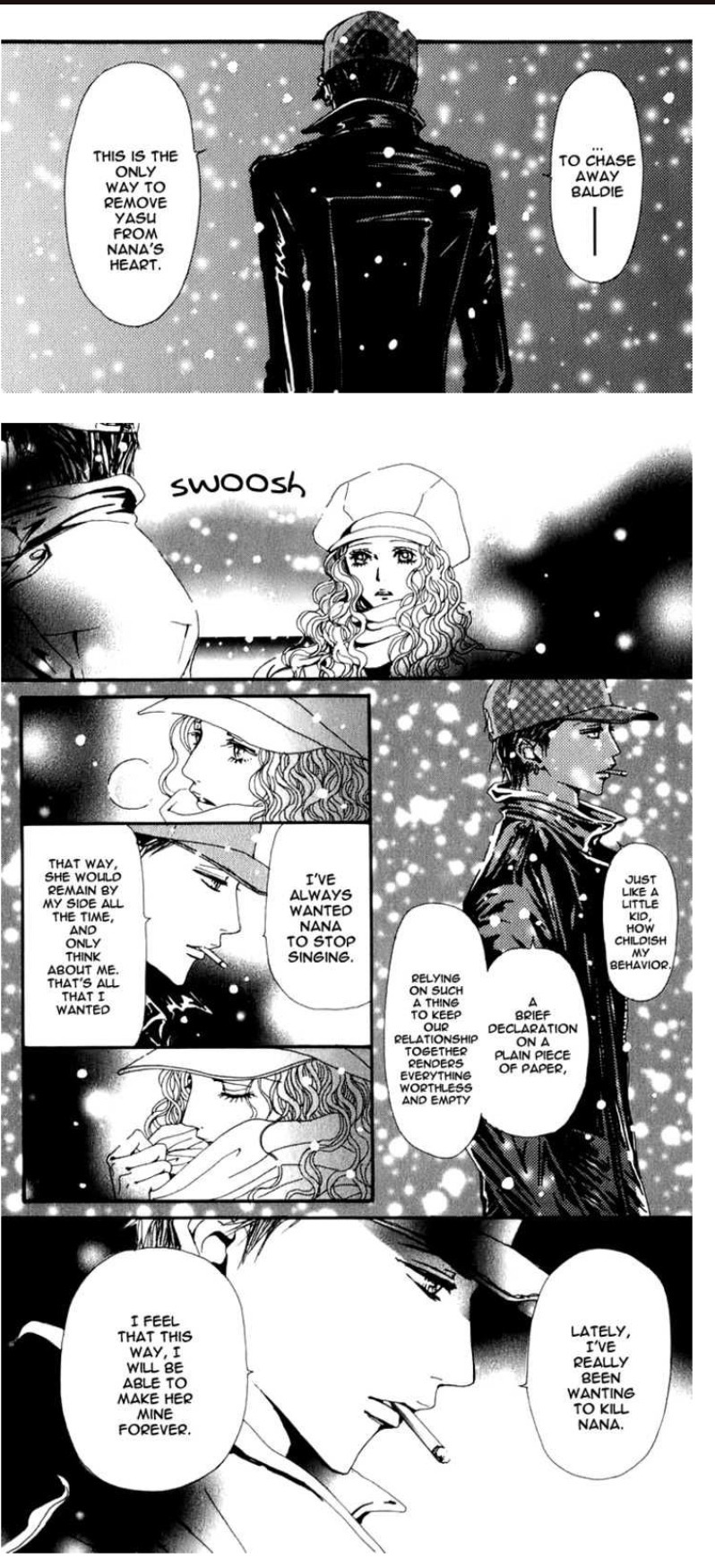
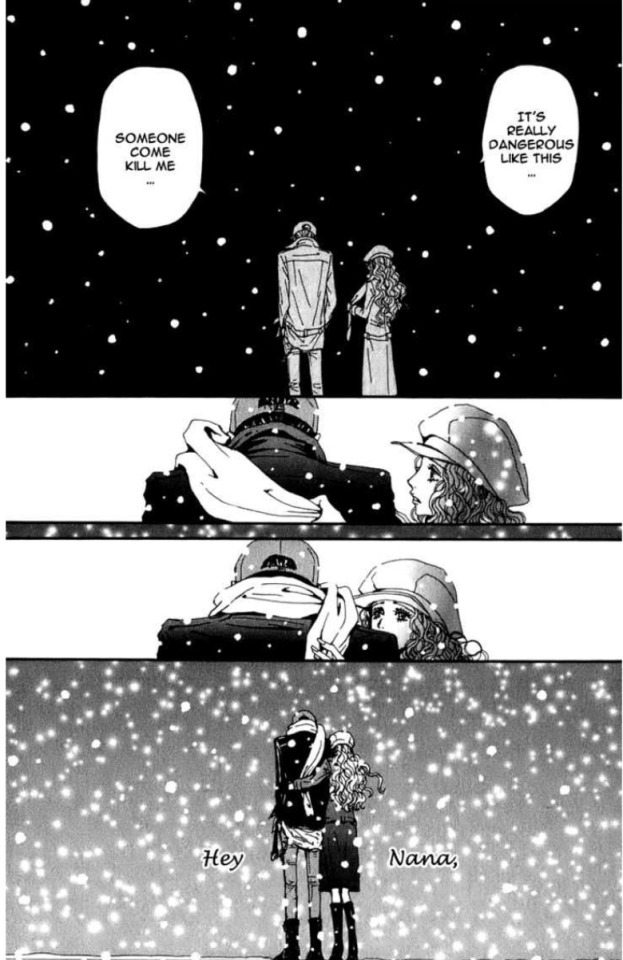

He was a selfish but also a fragile person but little by little he wanted to be more mature and deep person like he never did before for his sake and for the love he felt for nana . It’s was a complicated process and full of ups and downs but he wanted to love nana despite his selfishness and despite knowing that he wasn’t nana’s priority anymore. So please stop to be so rude to ren for his mistakes. He was getting into drugs for it because he was so fragile and alone inside. He was Everything but no bad.
Anyway if you want , let me know what you are thinking about it
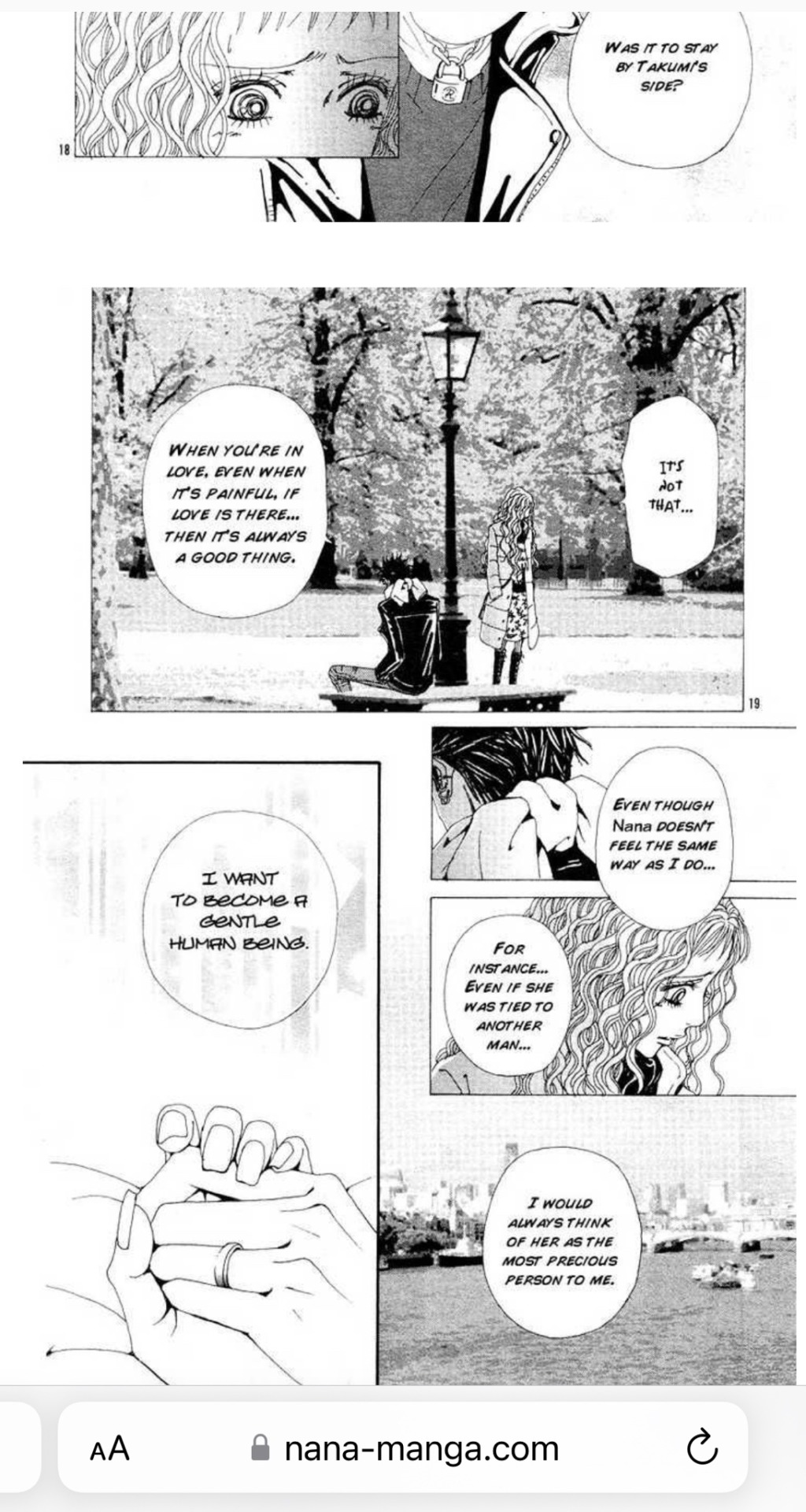
「おれはナナがおれの思い通りにならなくても、たとえ他の男と結ばれてもずっと変わらずに大事に思えるくらい優しい人間になりてぇよ。」
“Even through Nana doesn’t feel the same as I do, I would always think of her as the most precious person to me. I want to become a gentle human being.” (chapter 65-Ren Honjo)
"Anche se Nana non ricambiasse i miei sentimenti, Anche se ci fosse un altro uomo nel suo cuore, io continuerei a considerarla come la persona più importante per me. Voglio diventare una persona migliore, voglio essere un essere umano gentile.”
#nana#ren#ren honjo#renhonjo#nanaosaki#ai yazawa#anime#manga#nana x ren#ren flower#ナナ#blog#nana feels
37 notes
·
View notes
Text
Humanity and Art: Creation of Ibrahim Malla
Humanity and Art: Creation of Ibrahim Malla - Inspired by Vincent Van Gogh
"... fonde l’umanità della fotografia con l’arte dei colori di Vincent Van Gogh, in un dialogo sincero tra luce e ombra, vita e speranza. Le immagini raccolte da Ibrahim Malla non sono semplici istantanee di realtà difficili, ma finestre vibranti su storie di resilienza e umanità, capaci di trasformare il dolore in bellezza, proprio come i toni intensi e suggestivi che Van Gogh ha saputo donare alle sue opere.
Il ricco uso cromatico, ispirato alle pennellate del celebre artista, ci invita a vedere il mondo da una prospettiva nuova, dove ogni sfumatura racconta una storia di coraggio e solidarietà. Queste fotografie ci trasportano in luoghi lontani e sconosciuti, dove le difficoltà si intrecciano con la speranza, e dove l’arte diventa il linguaggio universale che unisce le persone al di là delle barriere.
In un’epoca in cui il nostro impegno civile e umano risulta più che mai indispensabile, il lavoro di Malla ci ricorda l’importanza di dare voce a chi spesso resta inascoltato. Il suo sguardo attento, capace di cogliere la luce anche negli angoli più oscuri, è un invito a guardare oltre le apparenze, per riscoprire la bellezza nascosta in ogni gesto di solidarietà."
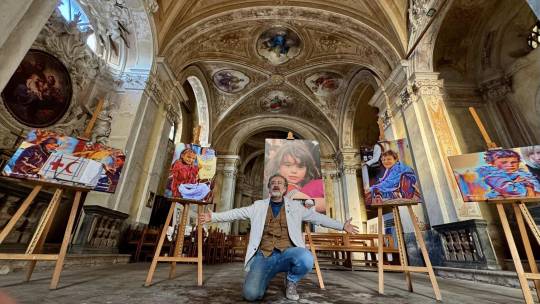
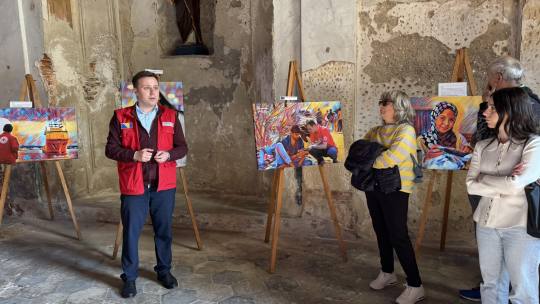
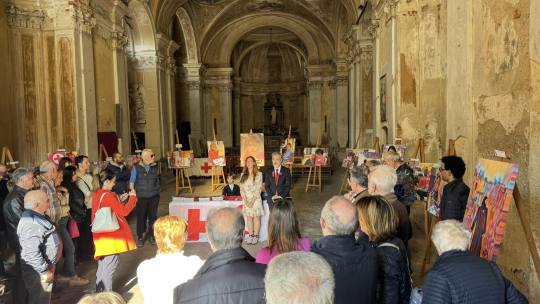
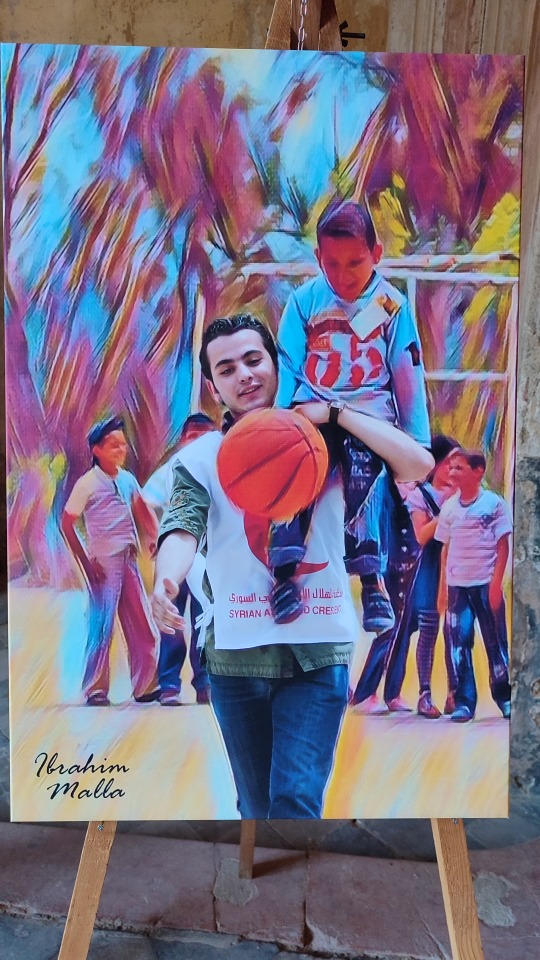
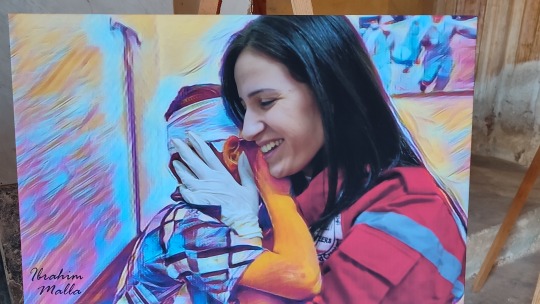
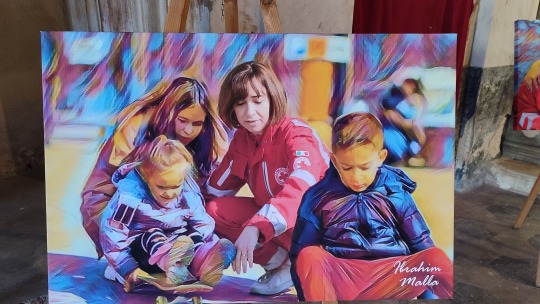
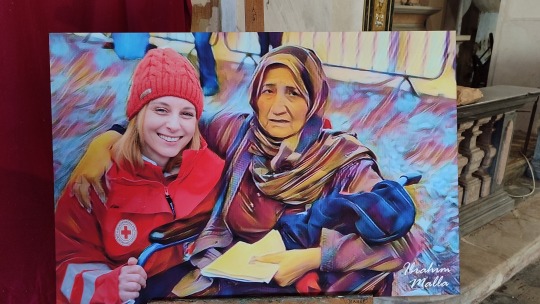
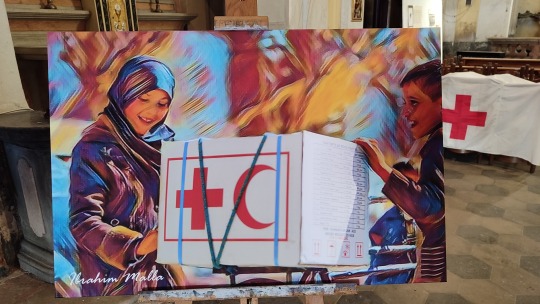
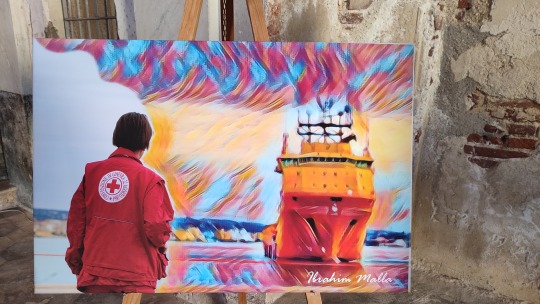
Una mostra bellissima è stata inaugurata oggi, 4 aprile, nella chiesa del Sacro Cuore a Solbiate Olona. “Humanity and Art” è l’esposizione di Ibrahim Malla, fotografo umanitario siriano e italiano, Ambasciatore di buona volontà per la Croce Rossa della Federazione di Bosnia ed Erzegovina, della Croce Rossa Ecuadoriana e della Croce Rossa Armena, medaglia d’oro all’Onore della Croce Rossa Armena e medaglia d’argento al merito della Croce Rossa Italiana.
L’artista è partito dalle sue fotografie, quelle che ha scattato ai volontari della Croce Rossa e della Mezzaluna Rossa in tutto il mondo (Siria, Armenia, Bosnia, Ecuador solo per citare alcuni Stati), e agli ultimi della Terra, e le ha parzialmente rielaborate conferendo loro colori e pennellate alla Vincent Van Gogh. I primi, i soccorritori, sono rimasti così come erano stati immortalati, mentre ad essere ridipinti sono stati coloro che venivano soccorsi.
Questo perché il fotografo originario di Damasco ha voluto lasciare “reali” gli operatori per sottolinearne l’impegno reale e concreto che porta colore, valore e gioia alle persone aiutate.
Anche la scelta dell’arte del pittore olandese non è un caso. Malla ha spiegato di essere stato ispirato da Van Gogh perché quest’ultimo, pur nelle difficoltà, ha sempre avuto uno sguardo positivo sull’umanità. I suoi celebri quadri sprizzano colore e vitalità. Il messaggio del fotografo umanitario è di speranza, la speranza dell’umanità che non si arrende e che trova la forza di sostenere e sostenersi. Anche nelle situazioni più buie infatti l’umanità riesce ad emergere.
«Dove c’è l’umanità c’è felicità, colore e amore» ha affermato Malla.
«La fotografia è un’arte, lo dico sempre – ha aggiunto – e in questa mostra lo faccio vedere ancora di più, concretamente».
Oltre alle opere in sé, e al grande lavoro dietro di esse, non si può sottacere anche la suggestiva cornice in cui l’esposizione è stata collocata, la chiesa detta del Sacro Cuore. I lavori sono stati disposti a semicerchio, con al centro quella che Malla definisce “la mia Monnalisa siriana”, la foto di una bimba che è stata autografata da Papa Francesco. Anche la disposizione voluta da Malla non è stata frutto del caso: proprio alle 17, l’ora dell’inaugurazione della mostra, il sole entrando in chiesa ha battuto, illuminandolo, proprio su quel volto di bambino posto al centro dell’edificio.
All’evento, organizzato in collaborazione con il Comune di Solbiate Olona e grazie alla Parrocchia S. Antonino Martire e al Gruppo Artisti Solbiatesi, sono intervenuti, tra gli altri, il sindaco Lucio Ghioldi e l’assessore alla cultura Giada Martucci, oltre a Silvia Elzi, moglie dell’artista e traduttrice.
Hares Magrdzija della Croce rossa bosniaca, coordinatore per il sostegno ai migranti, ha sottolineato come «dietro queste persone e foto ci sono le loro storie, i loro desideri, le loro necessità, non sono numeri».
di Maria Giulia Porrello de IlBustese.it
3 notes
·
View notes